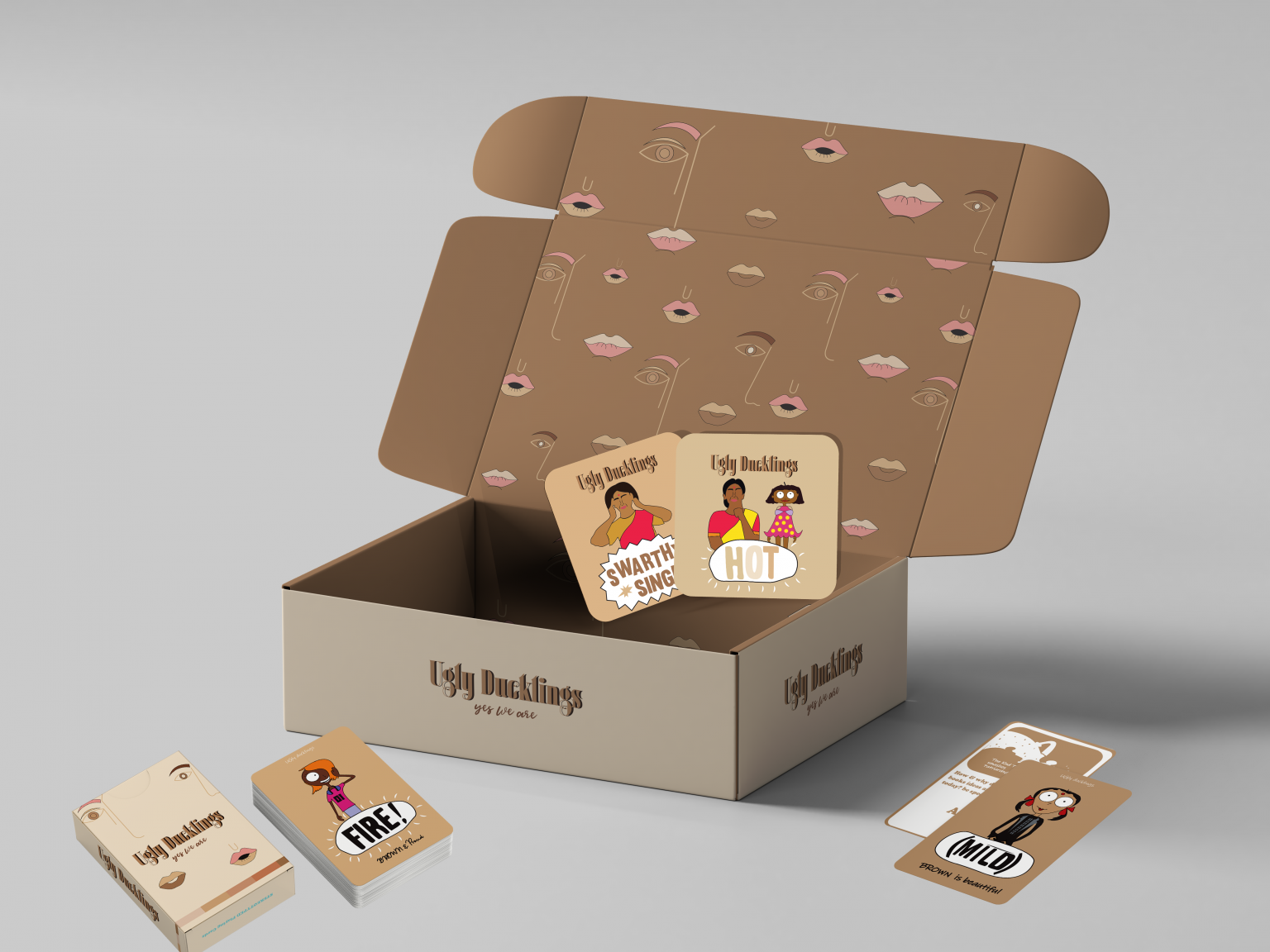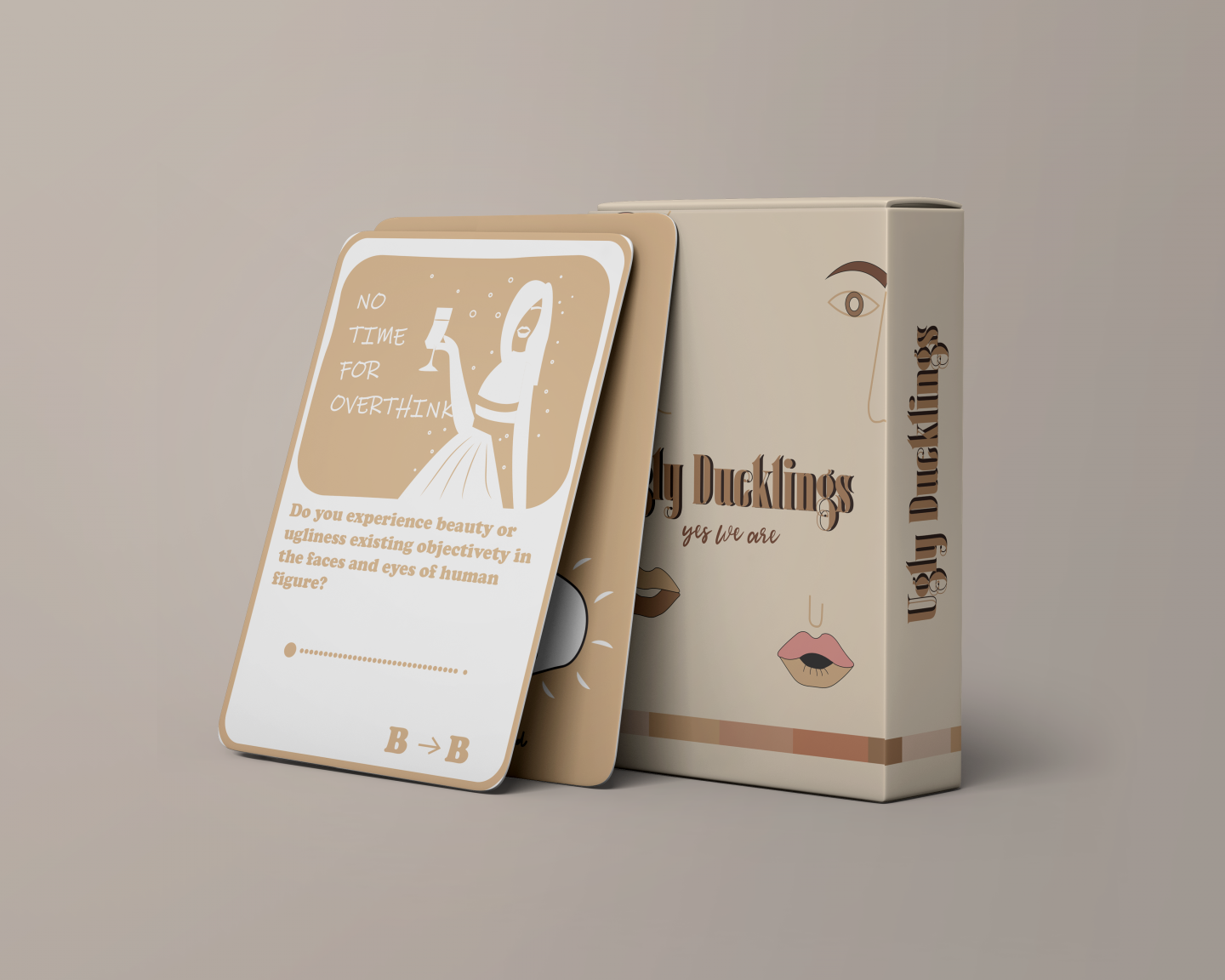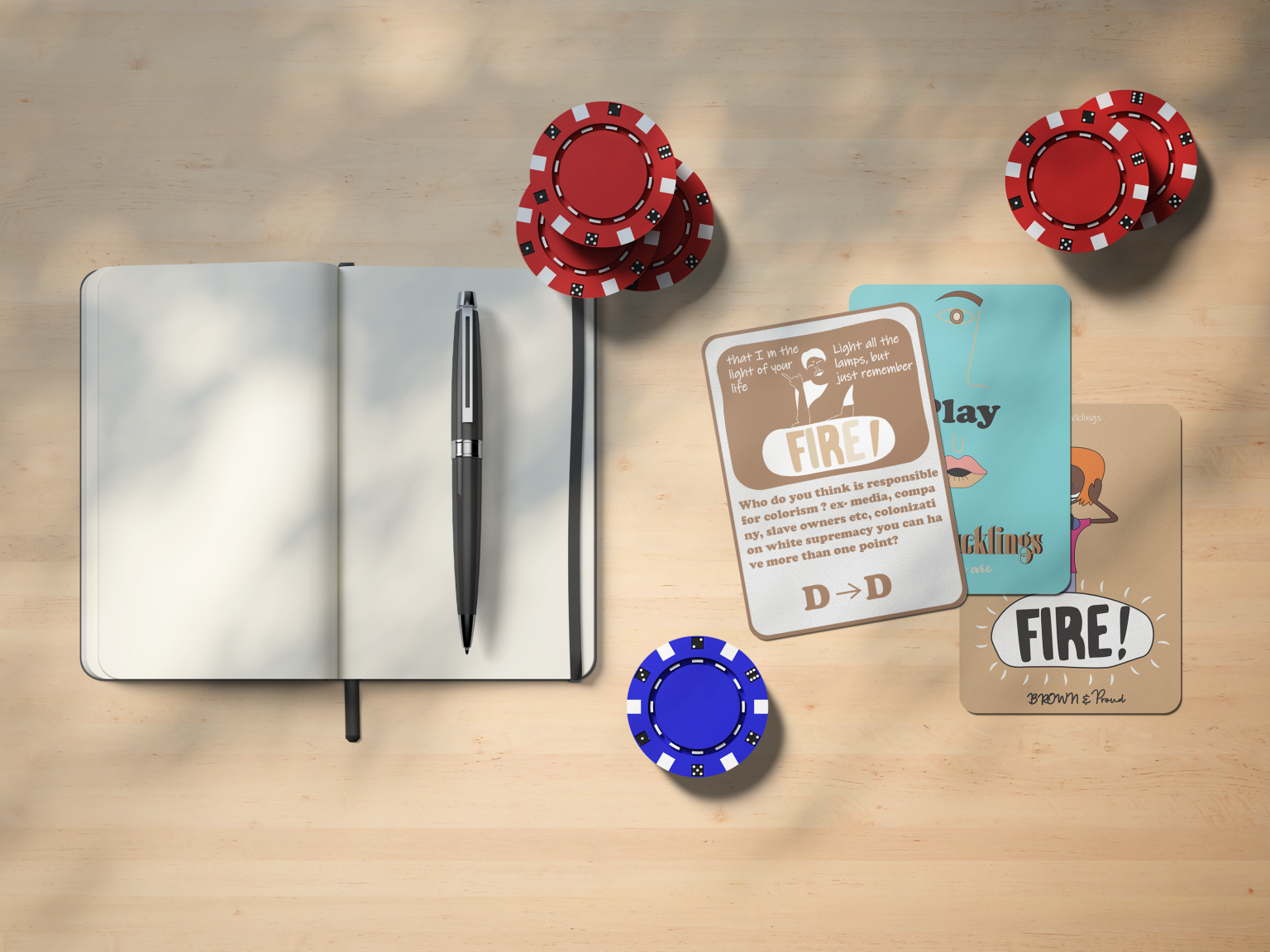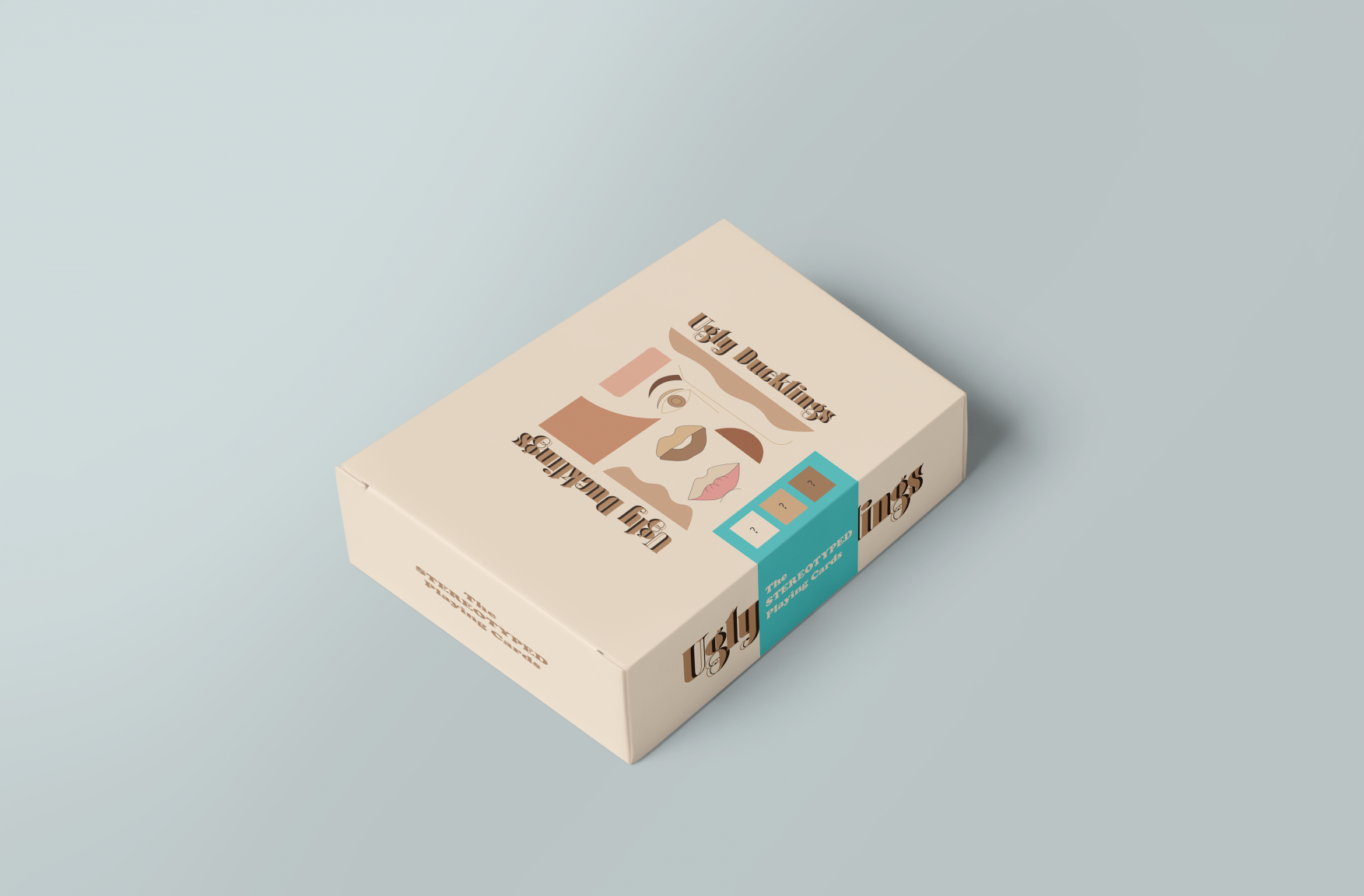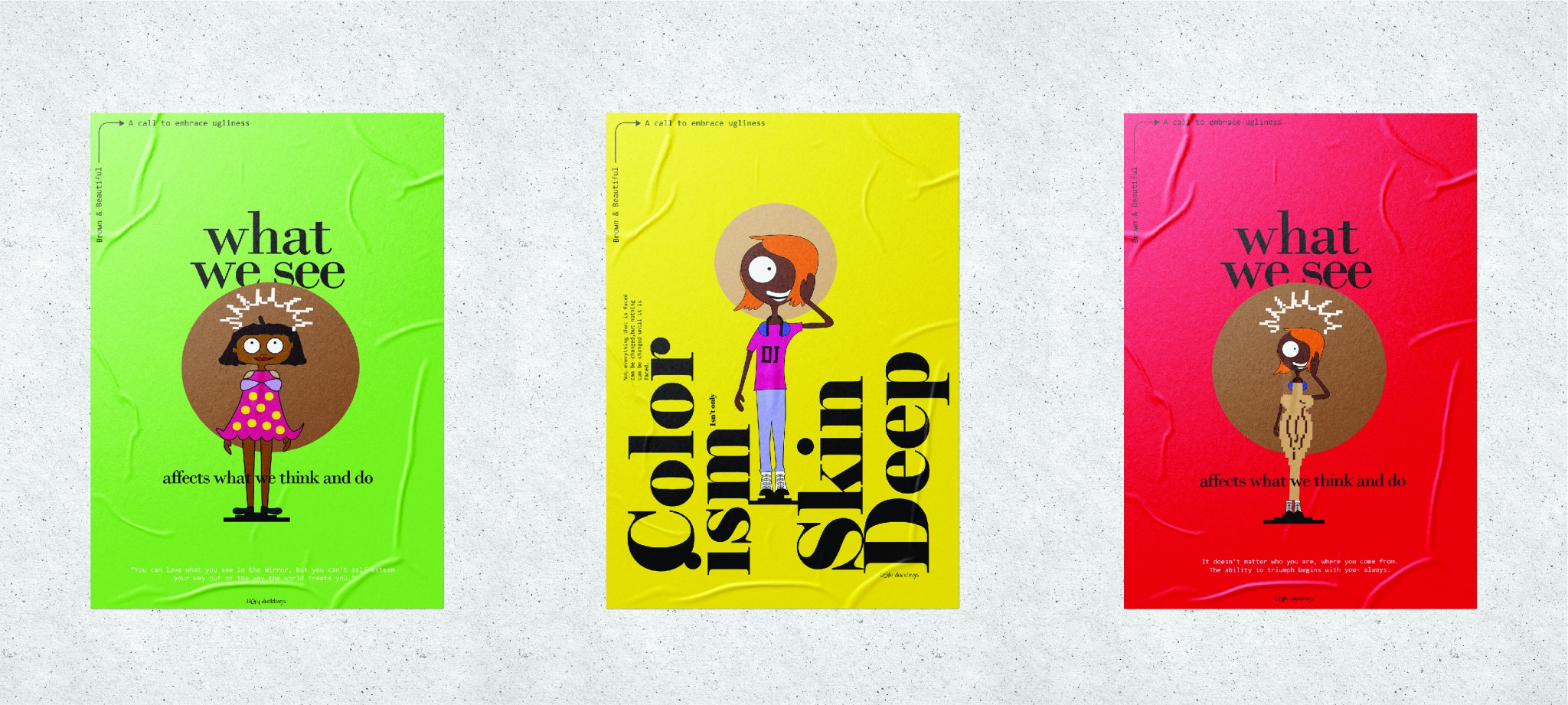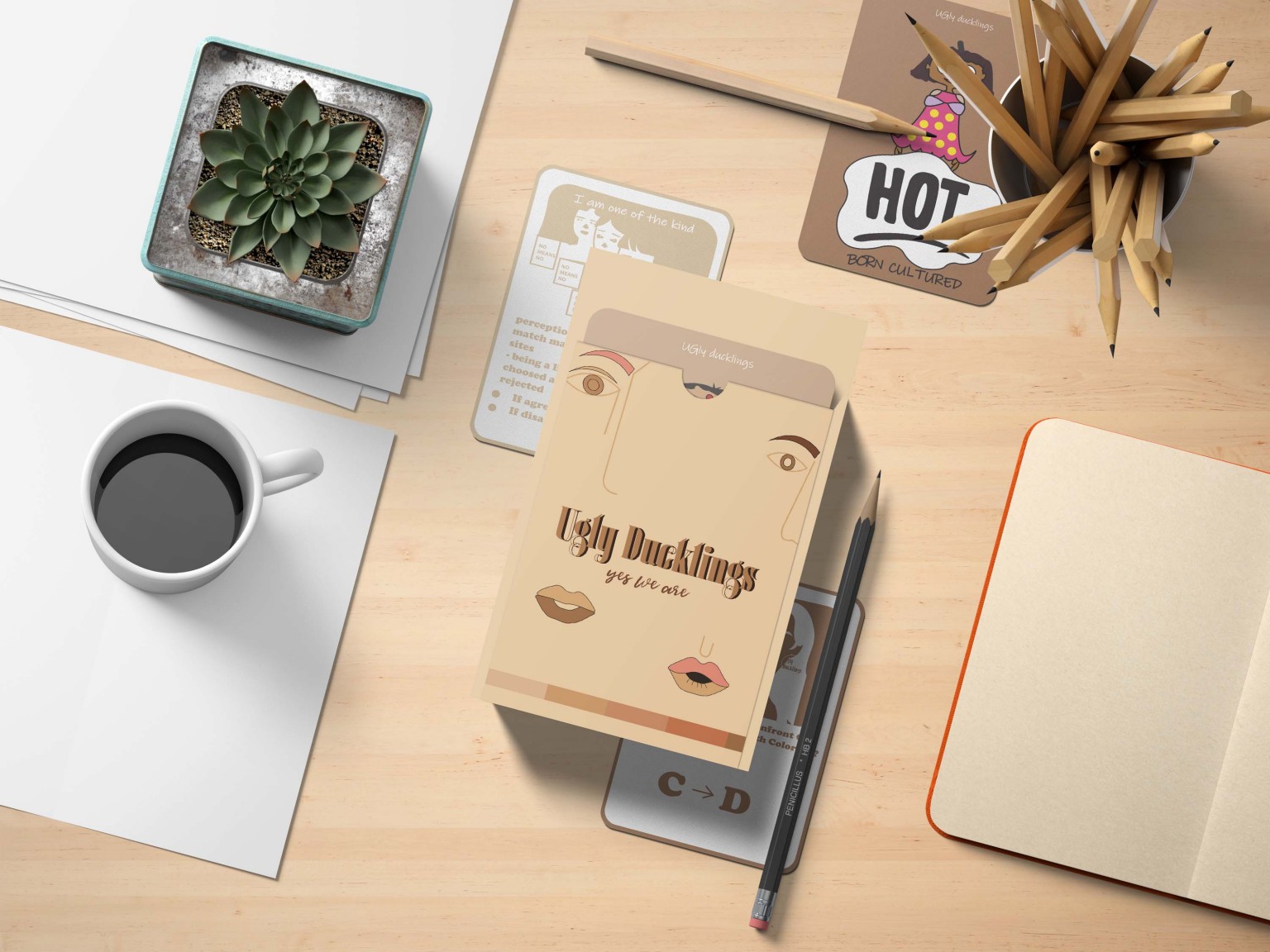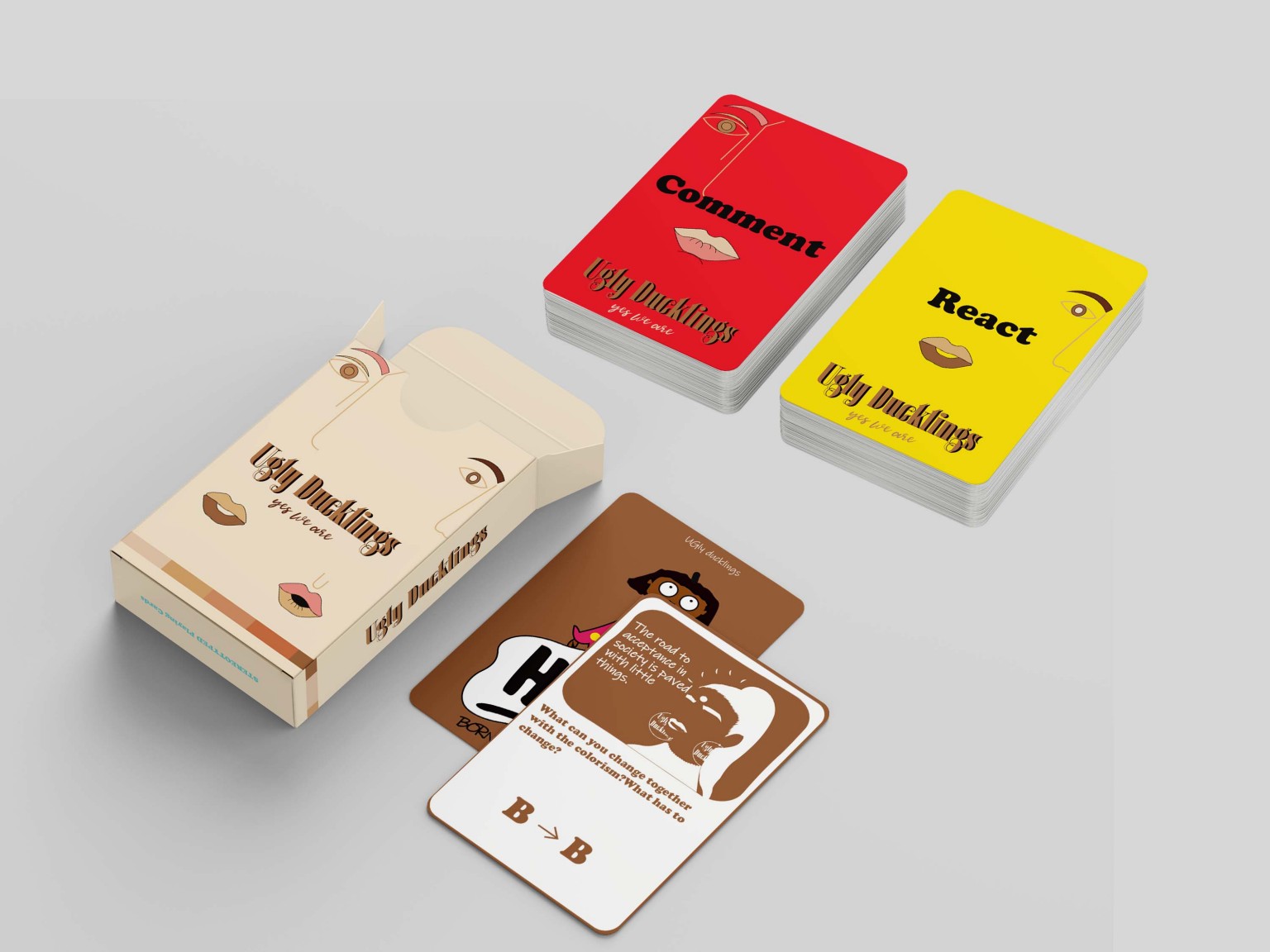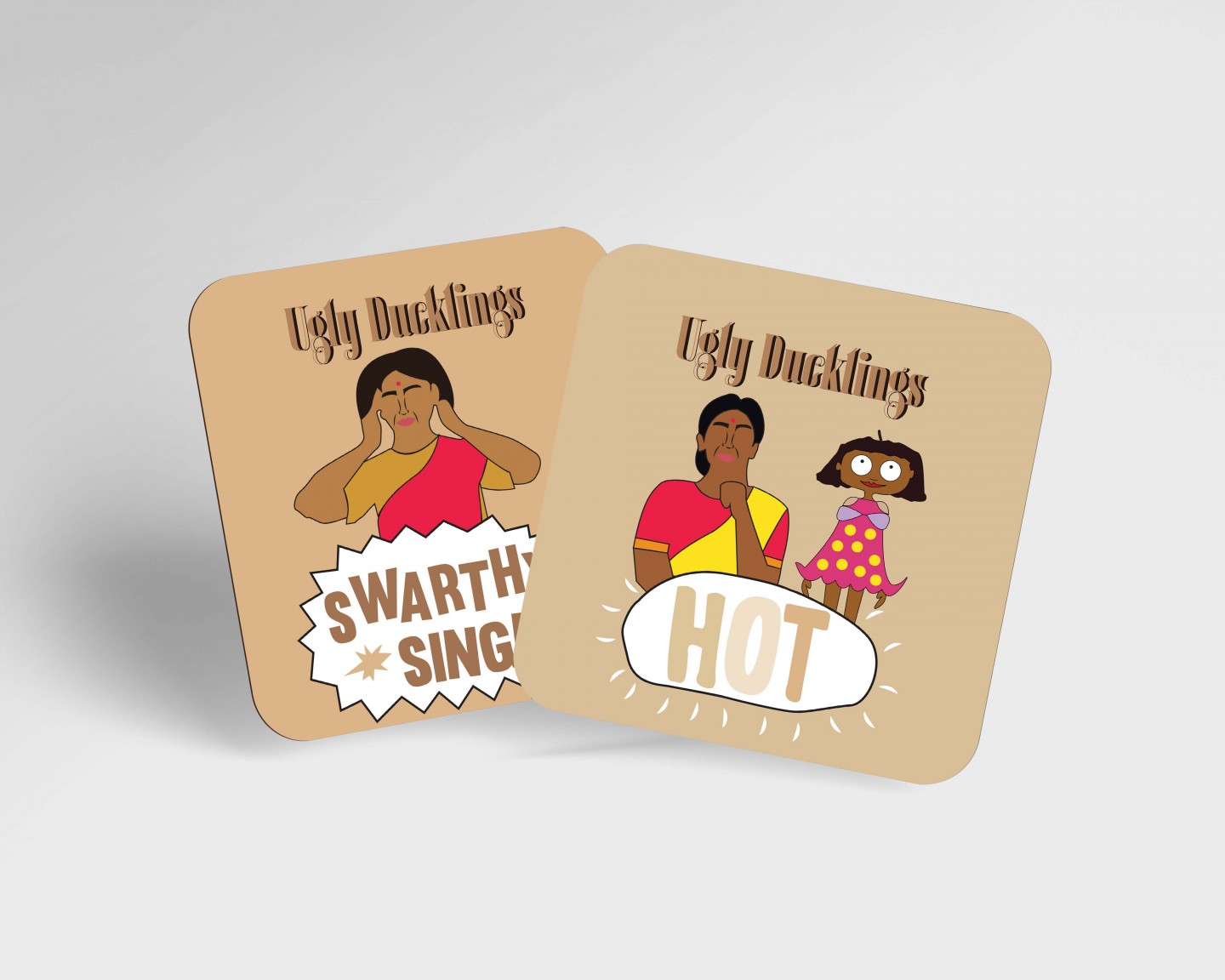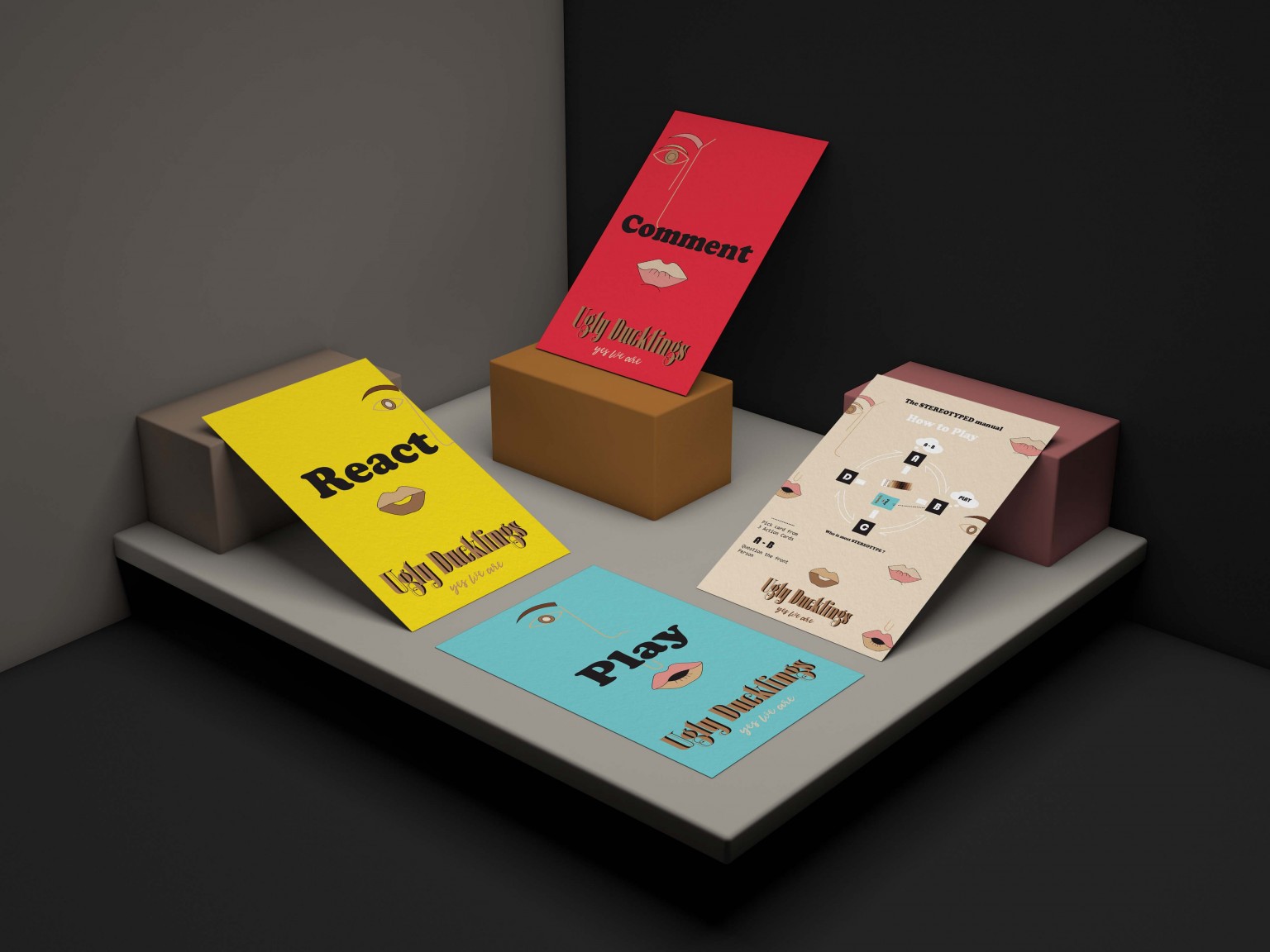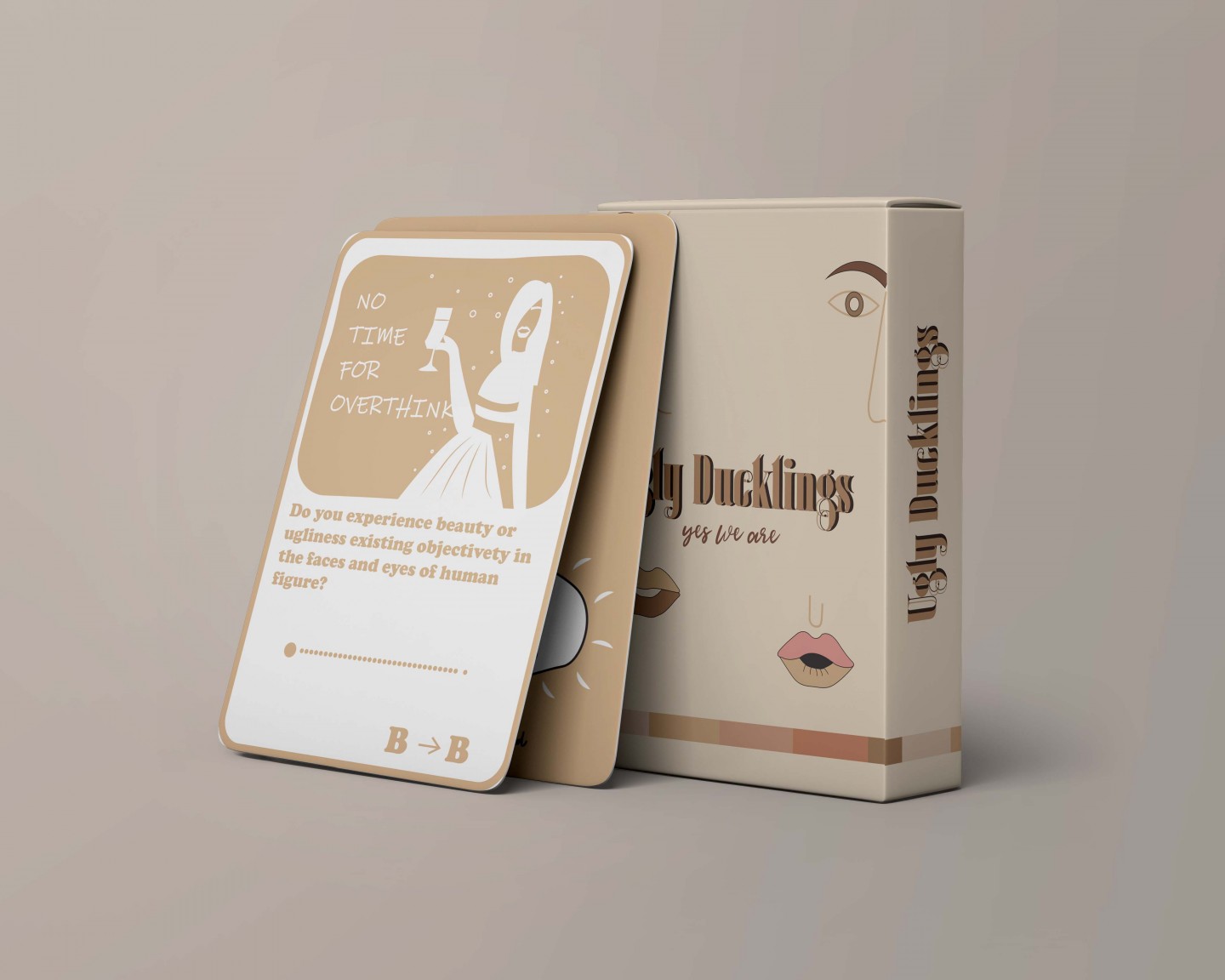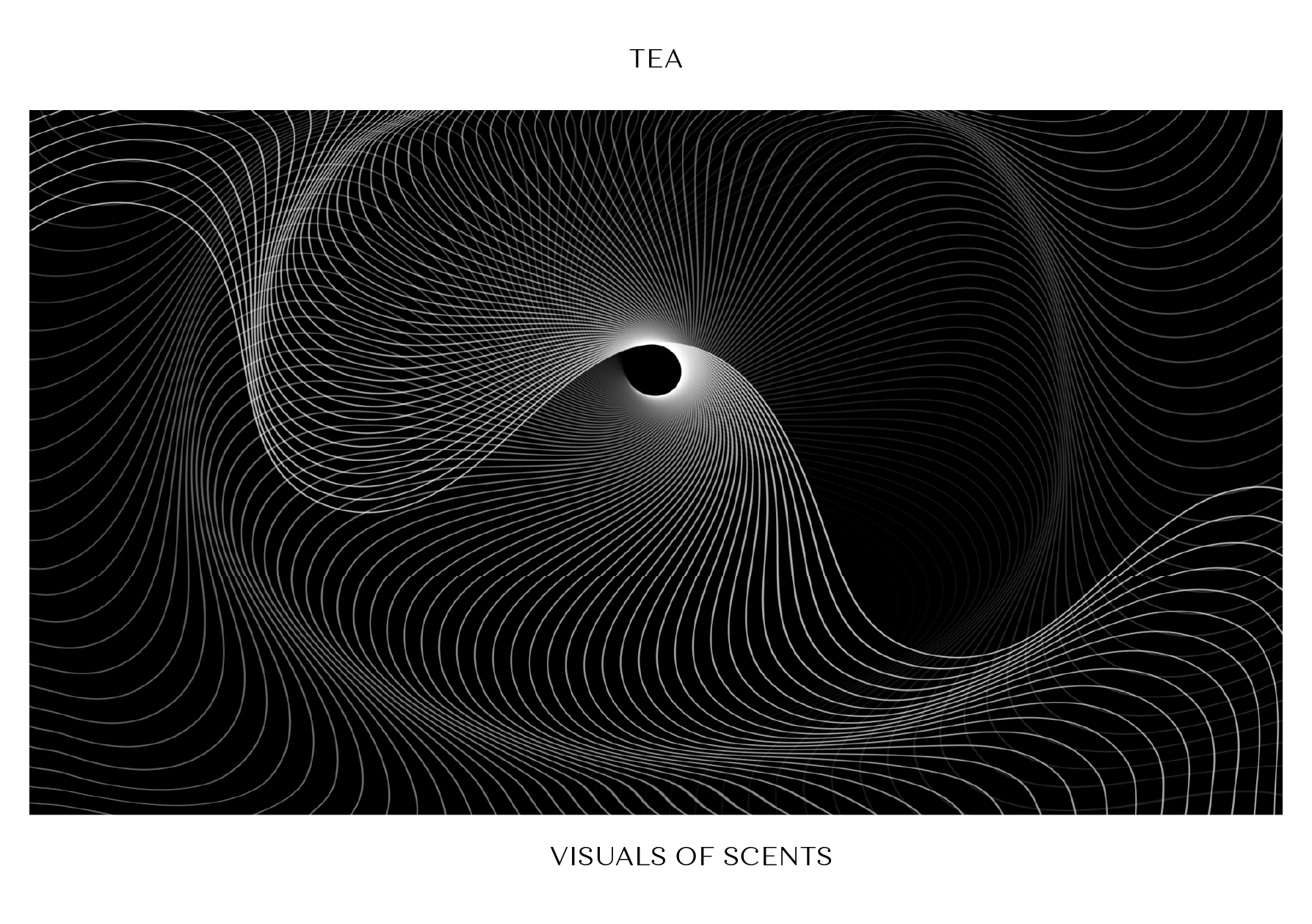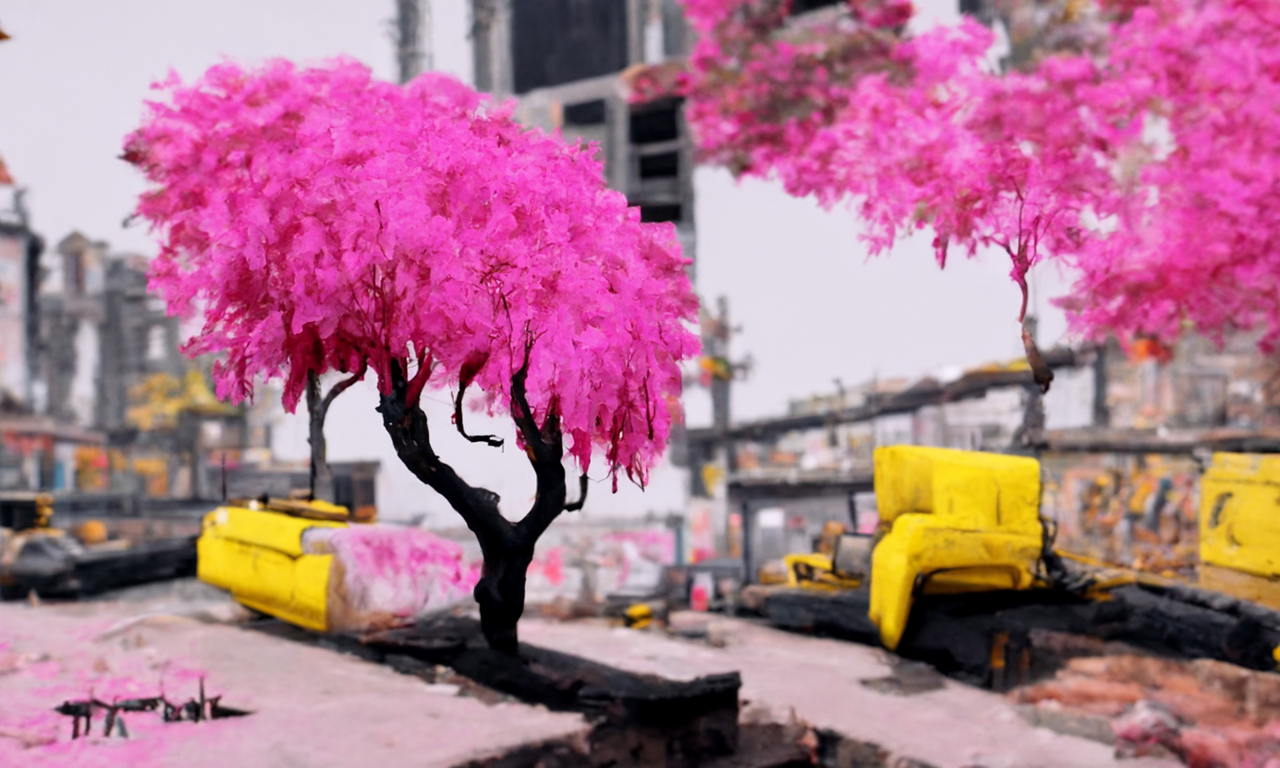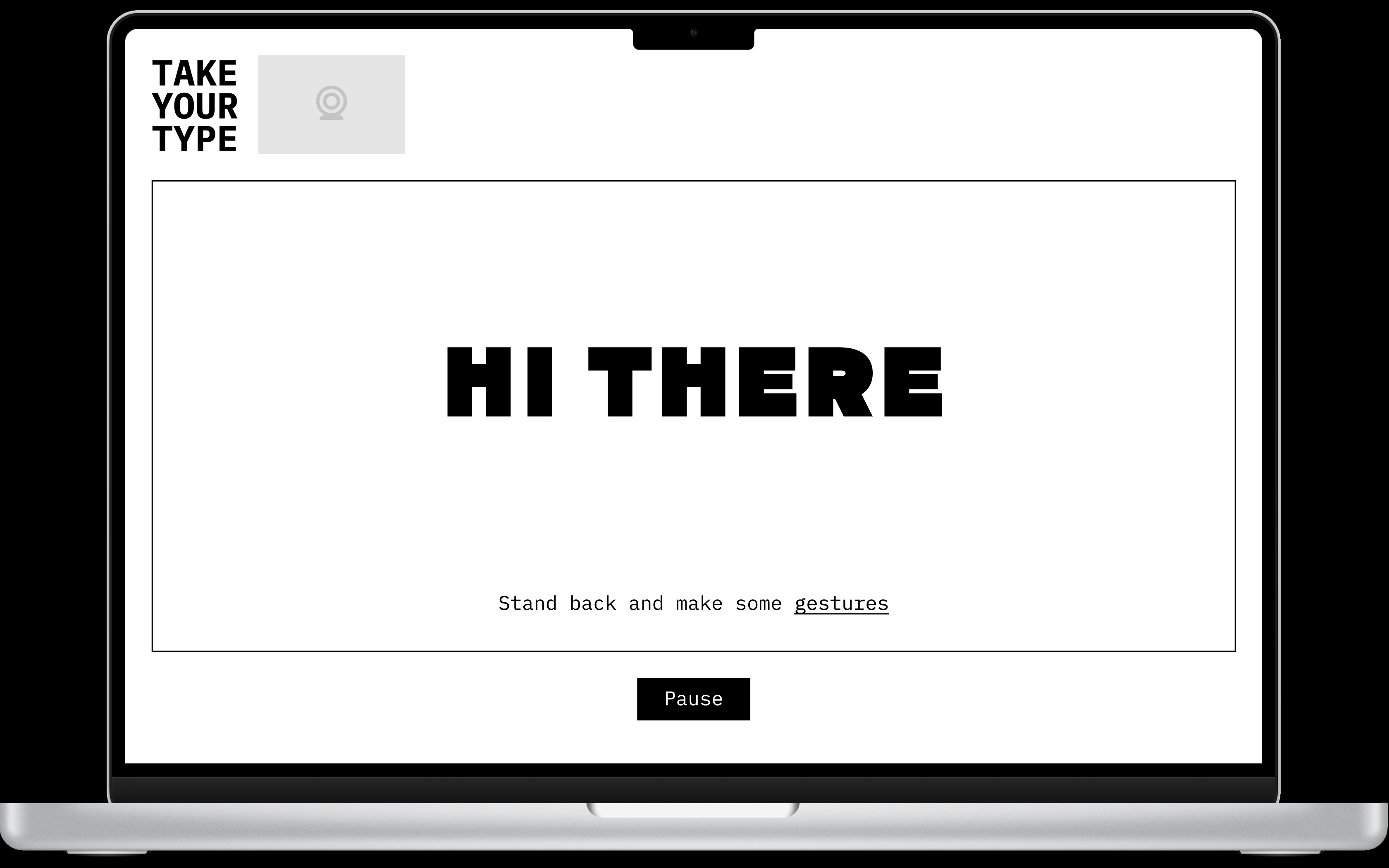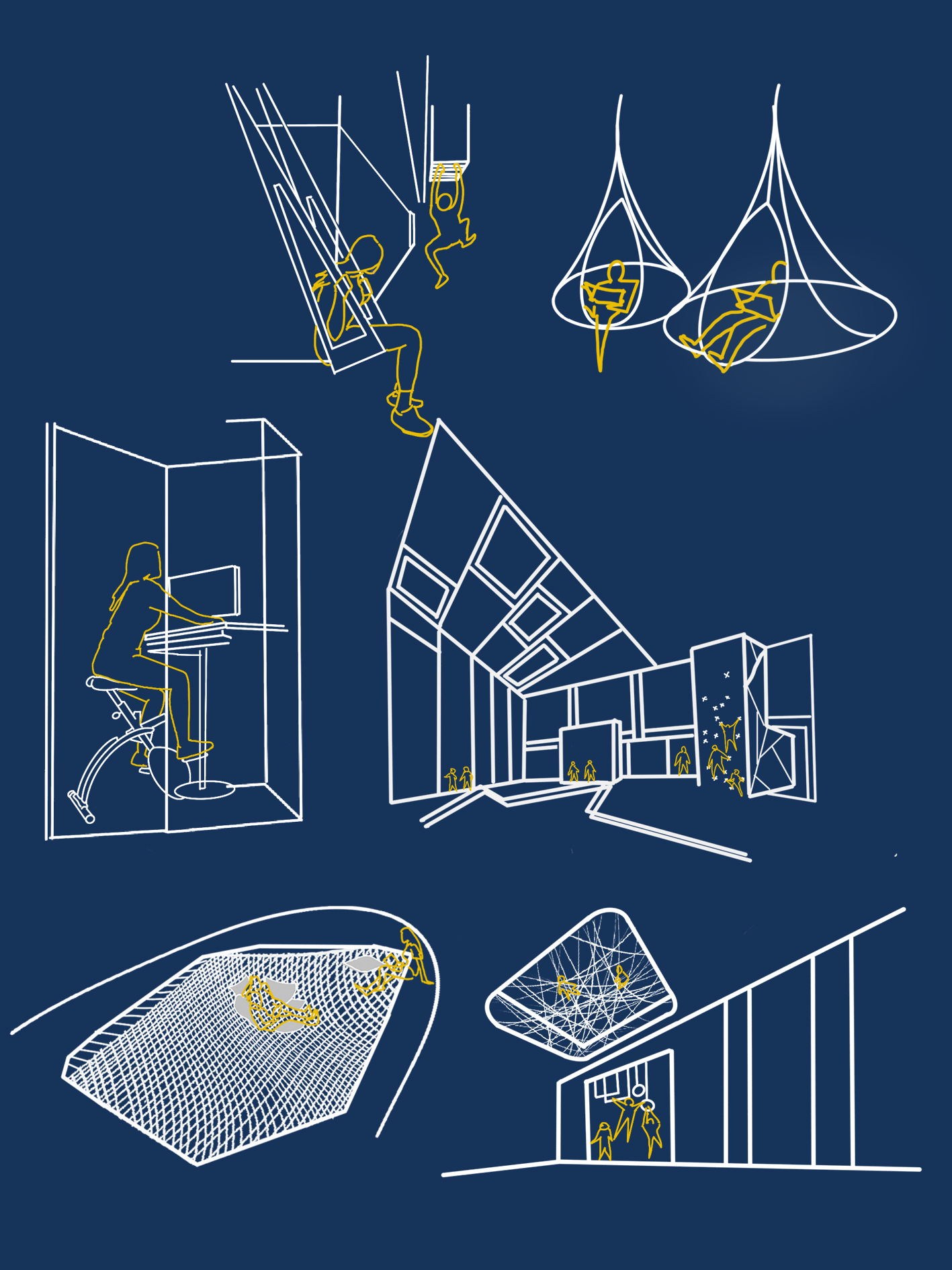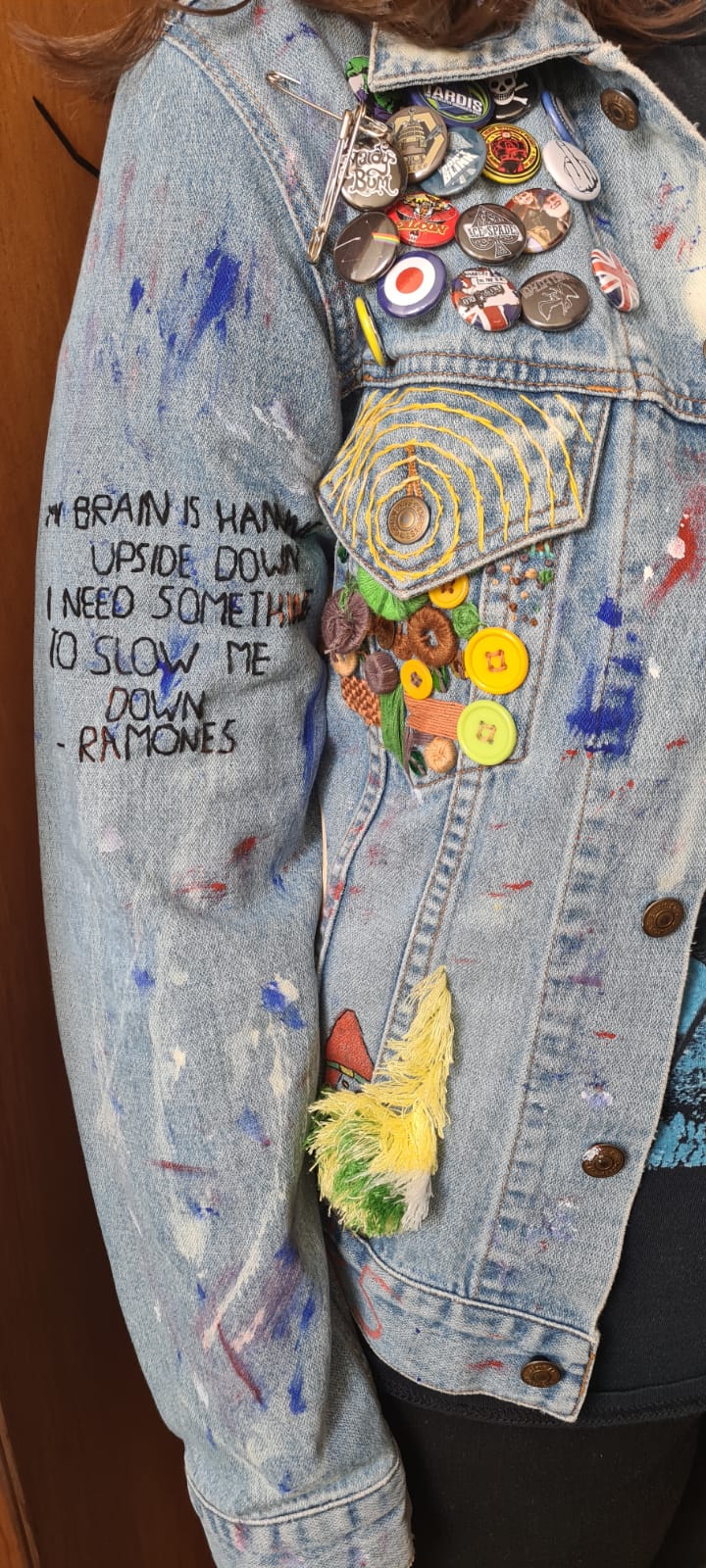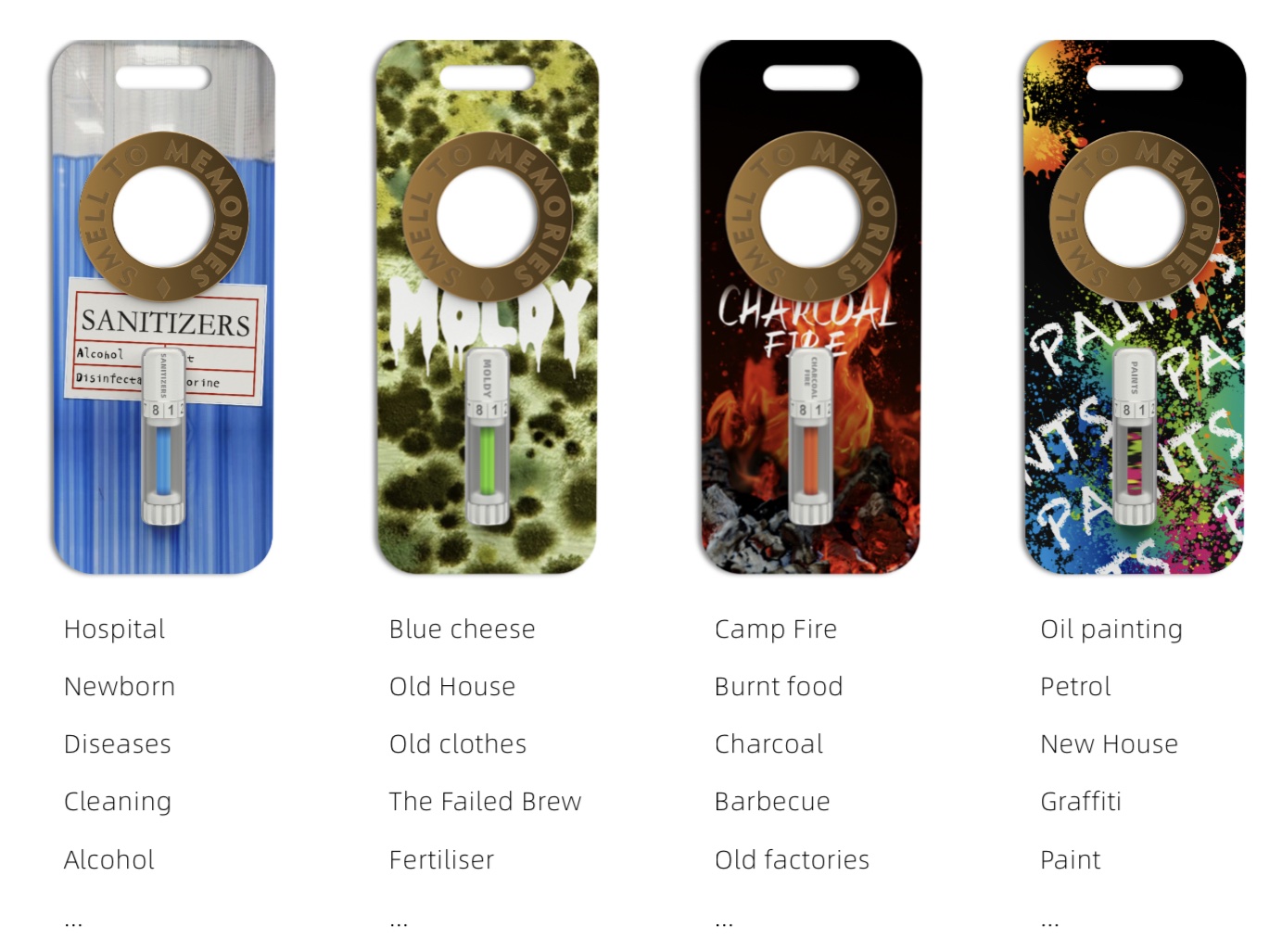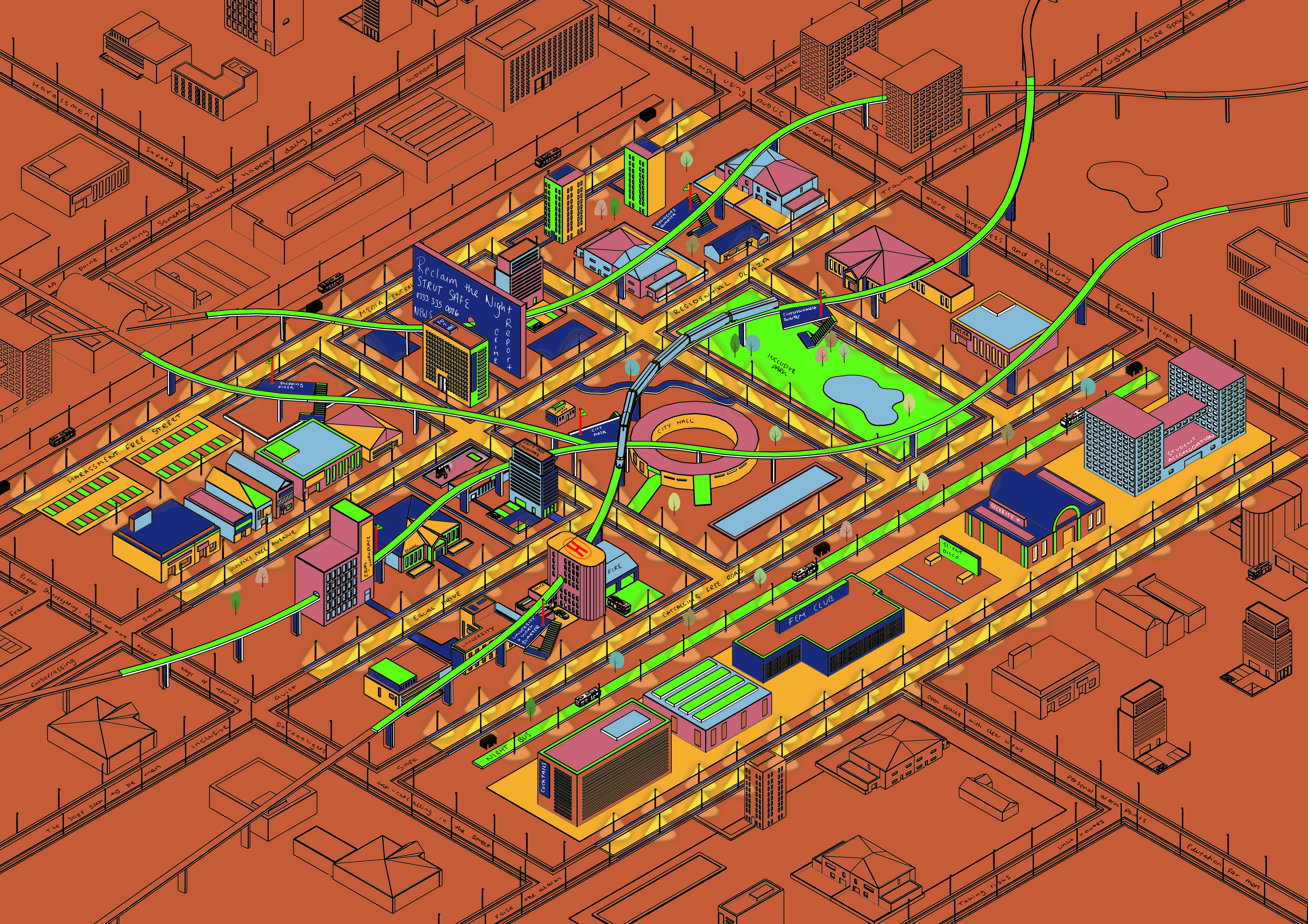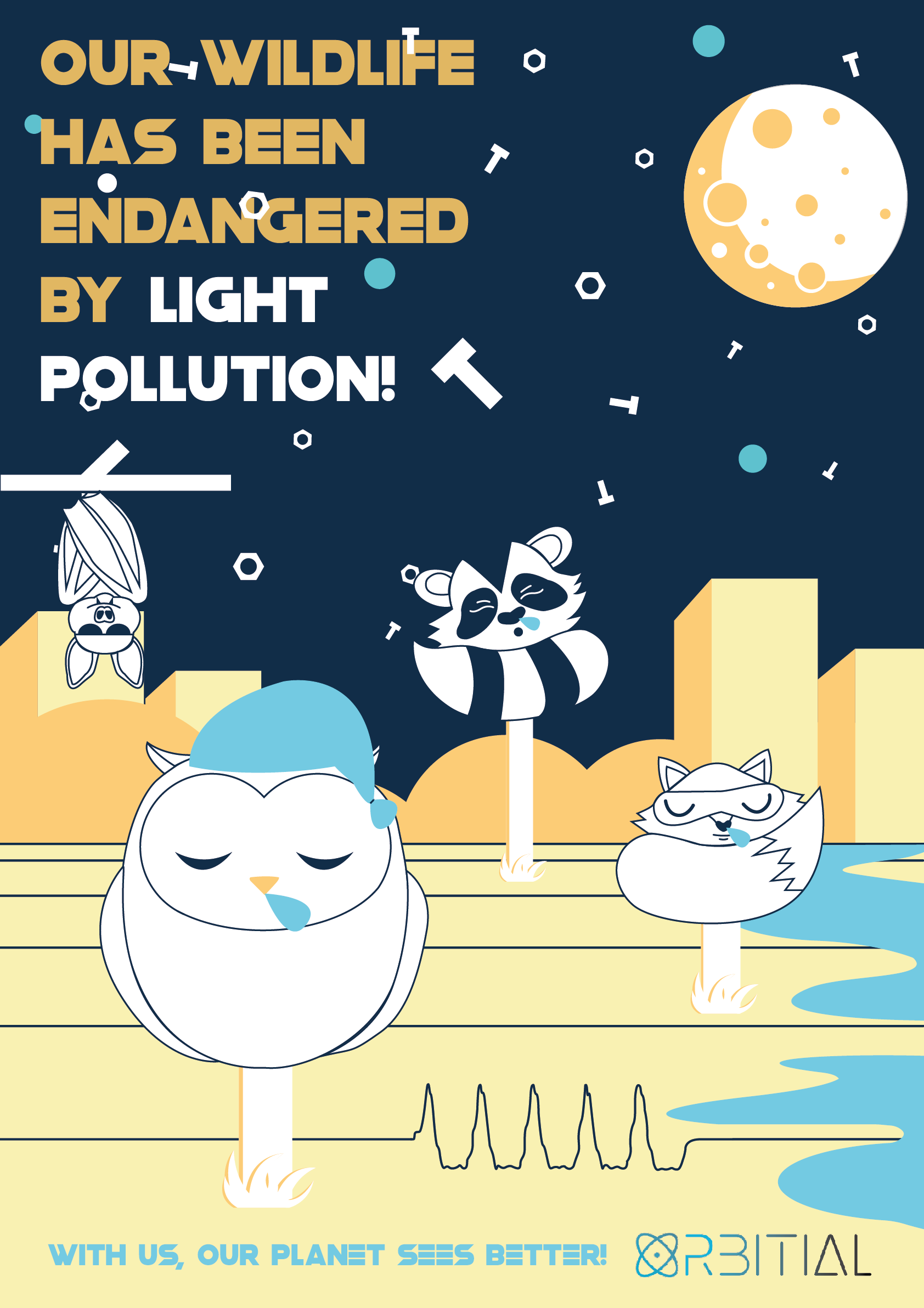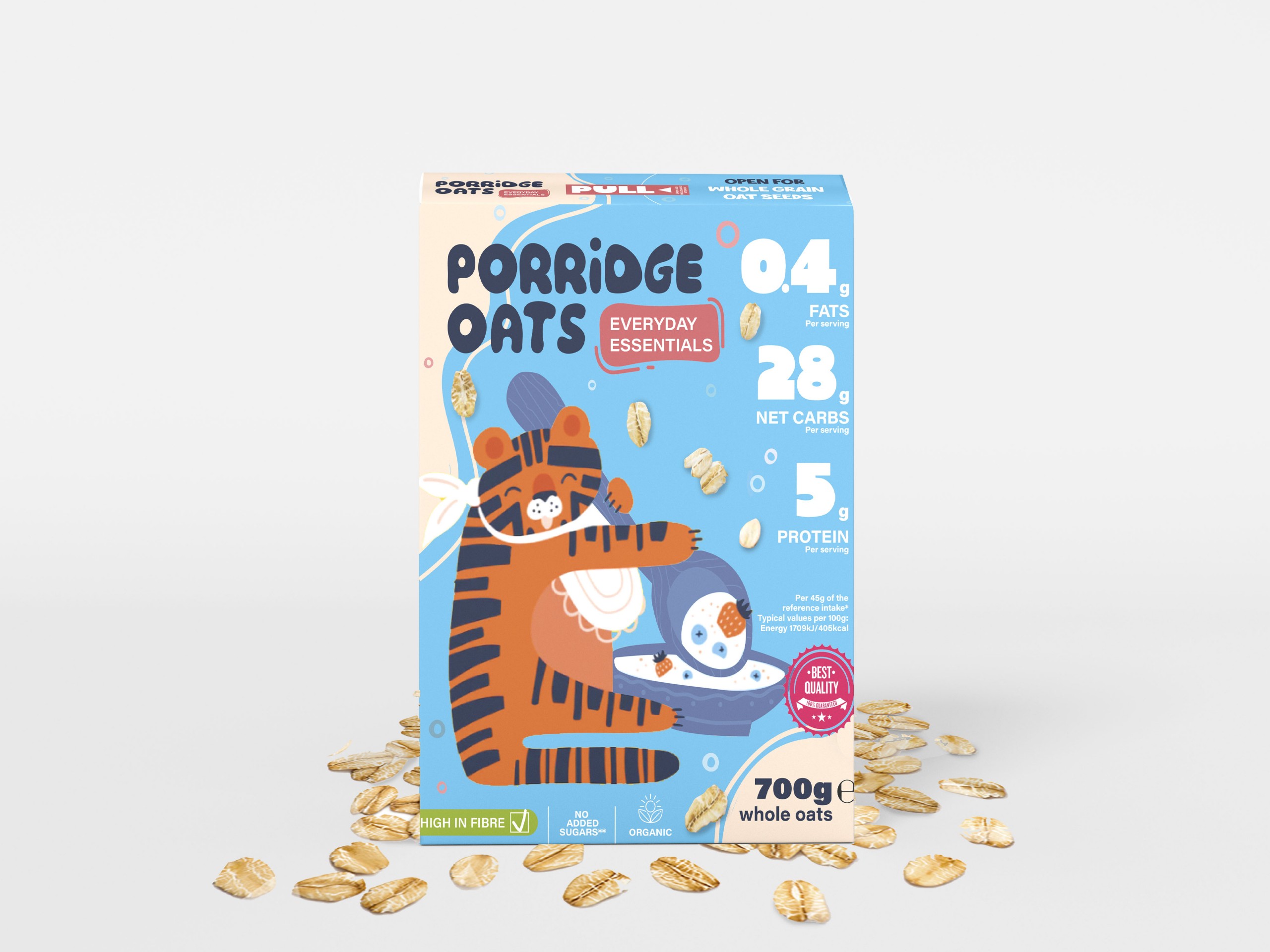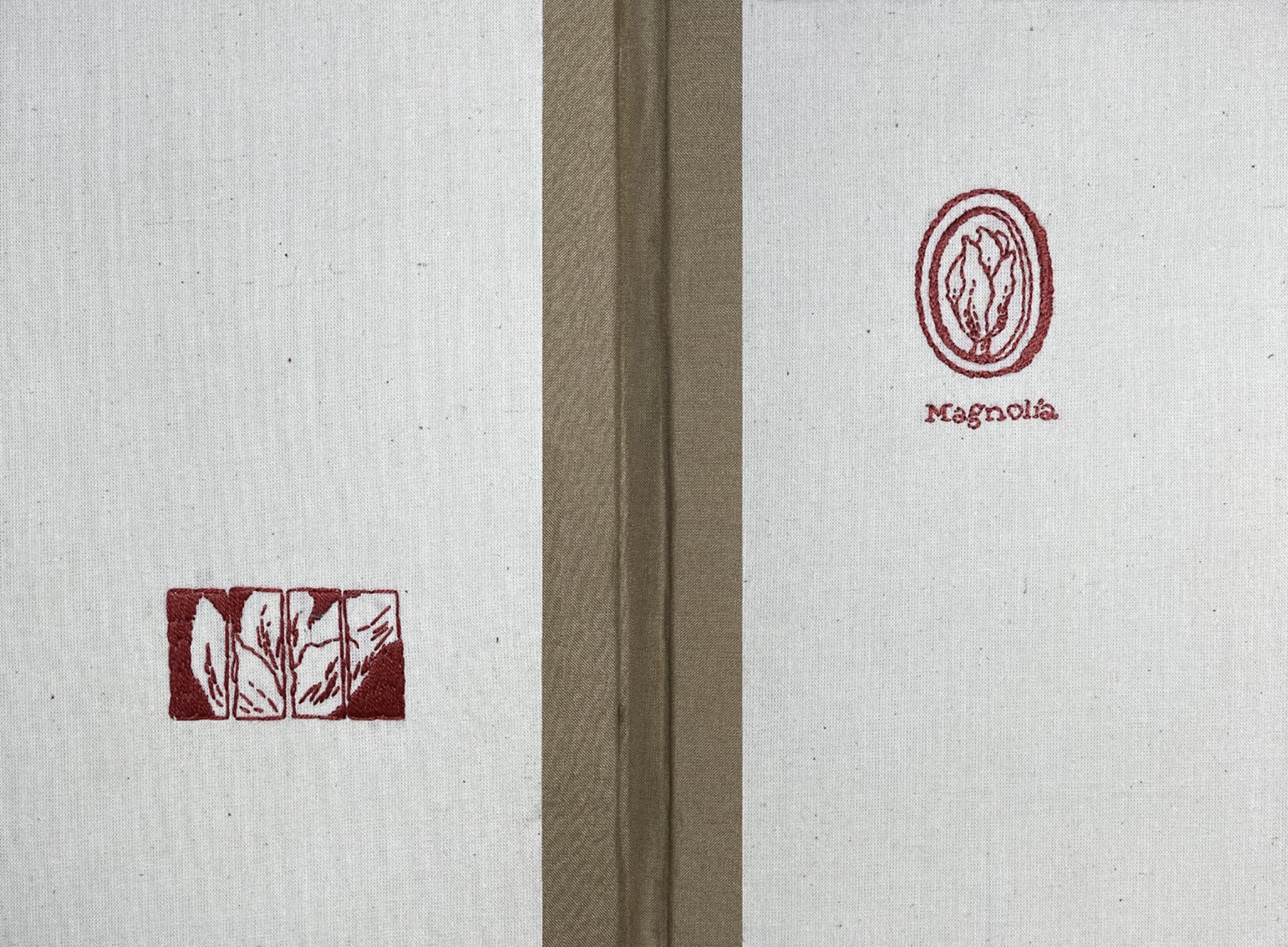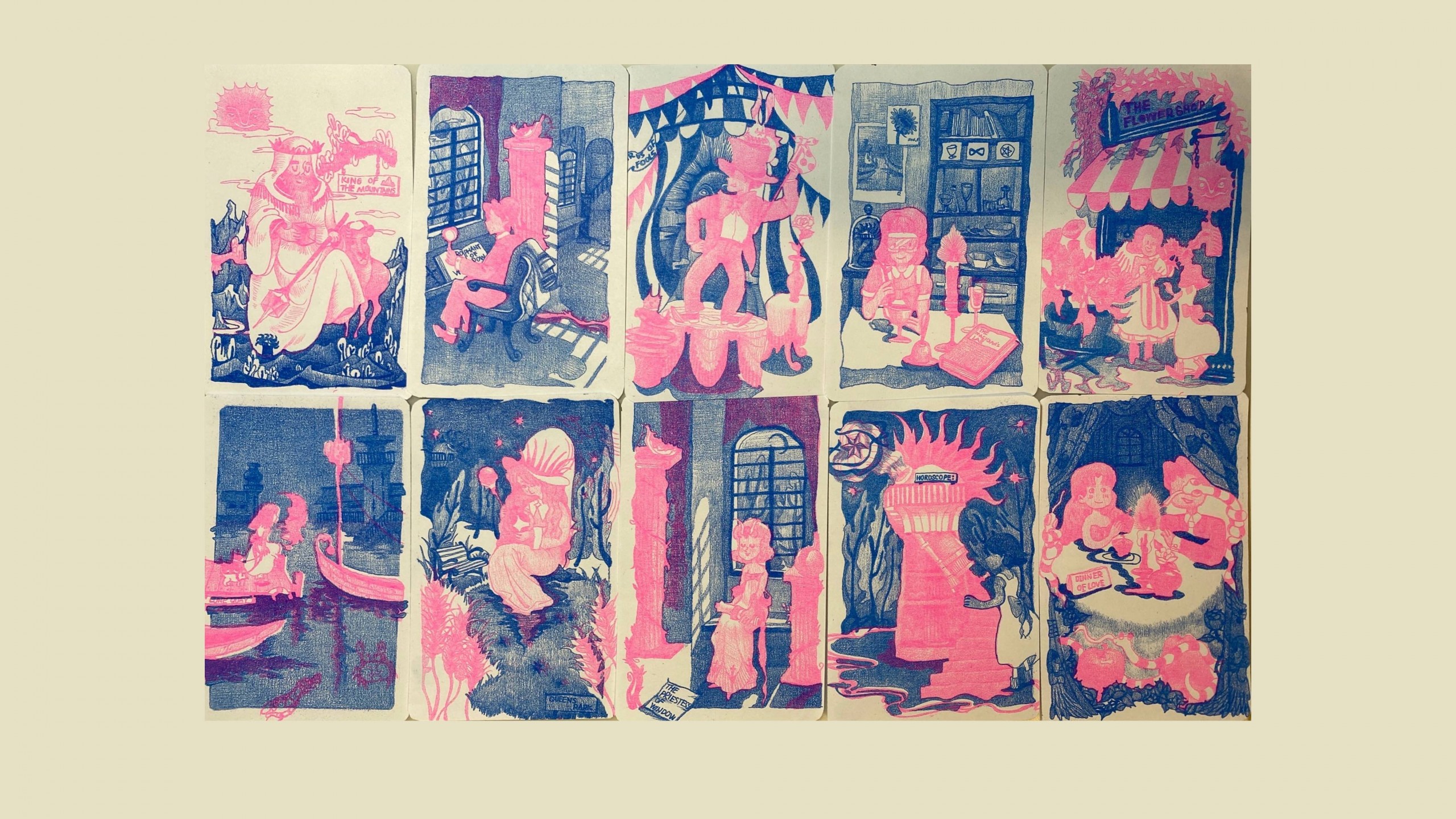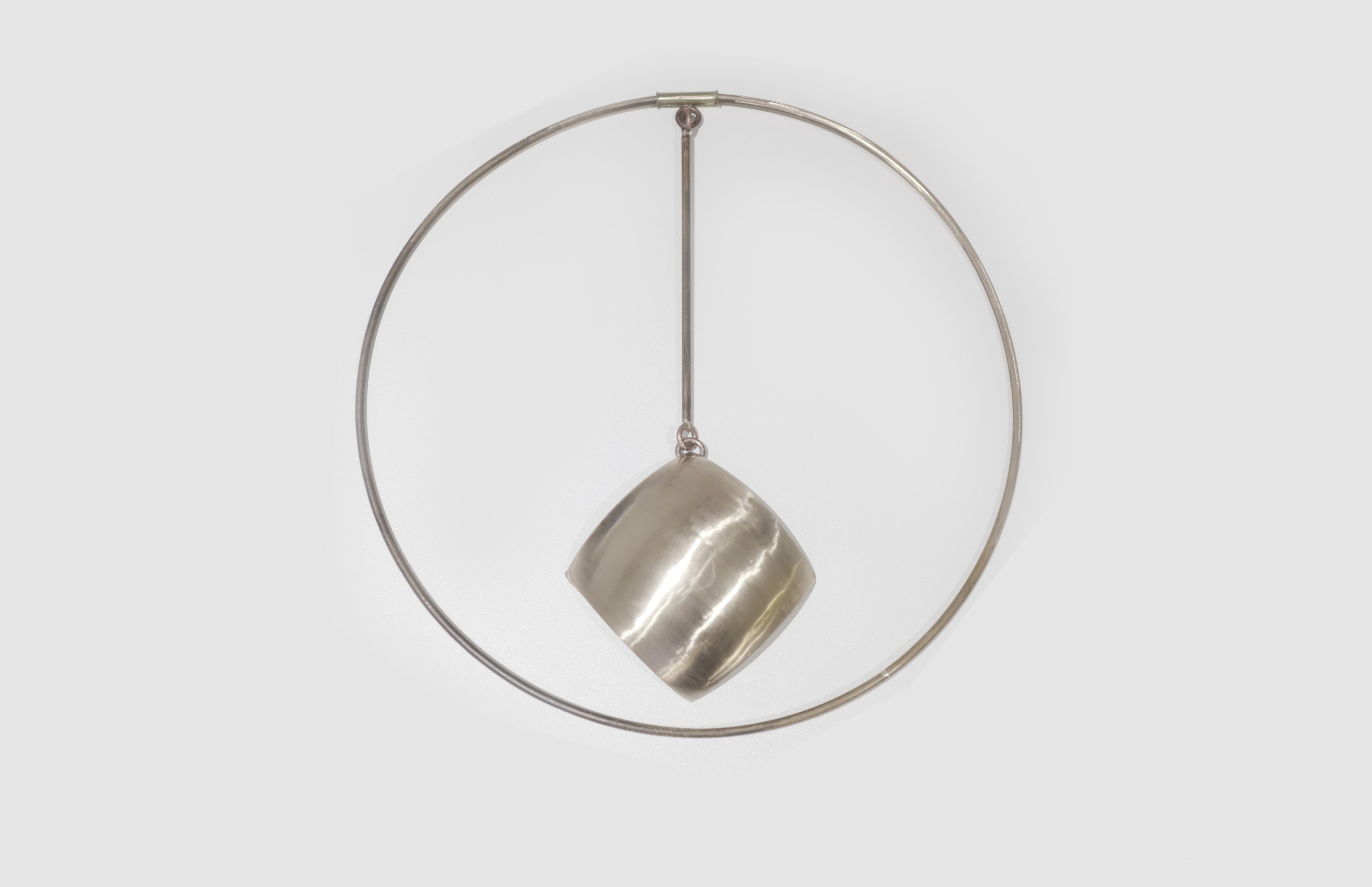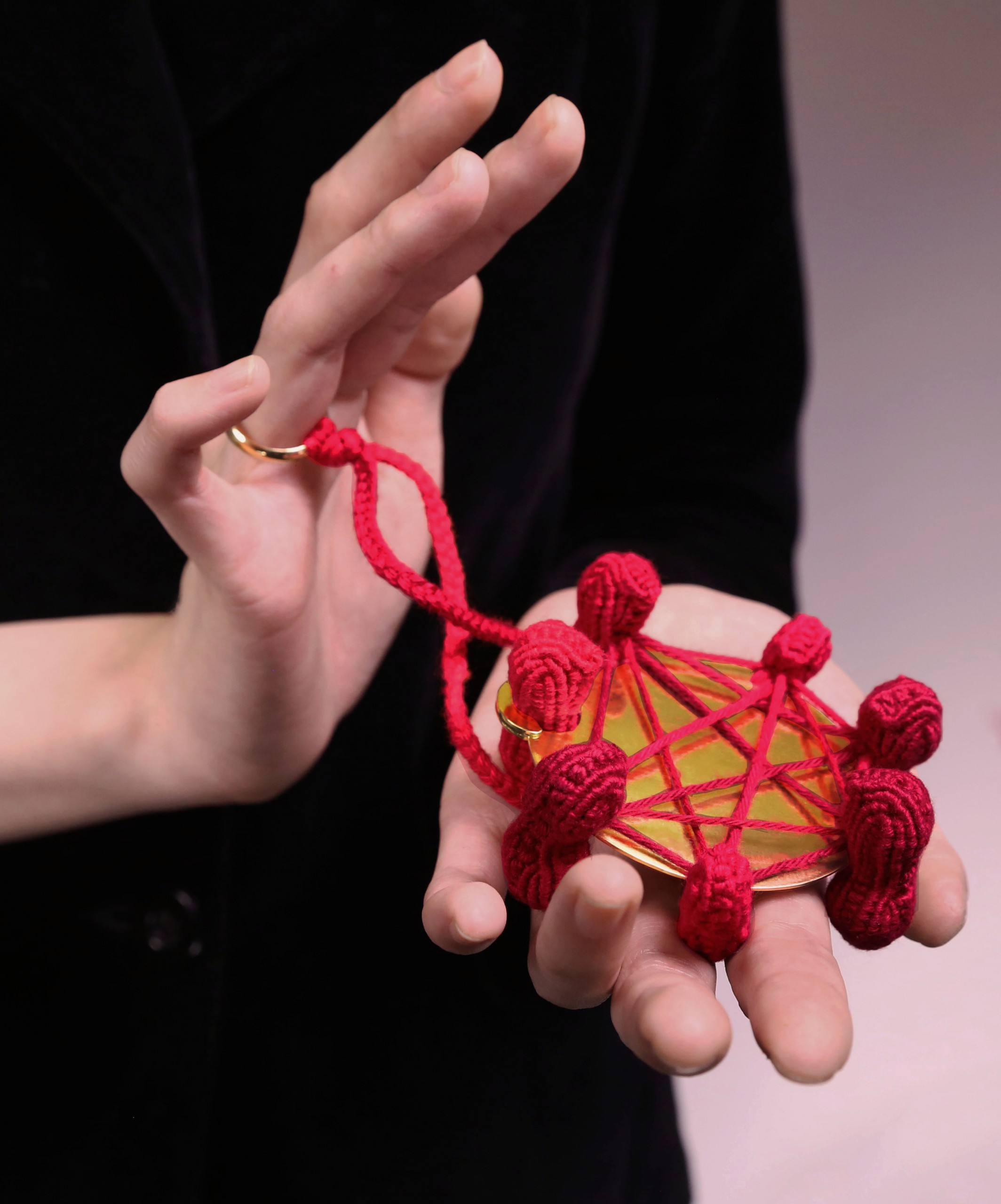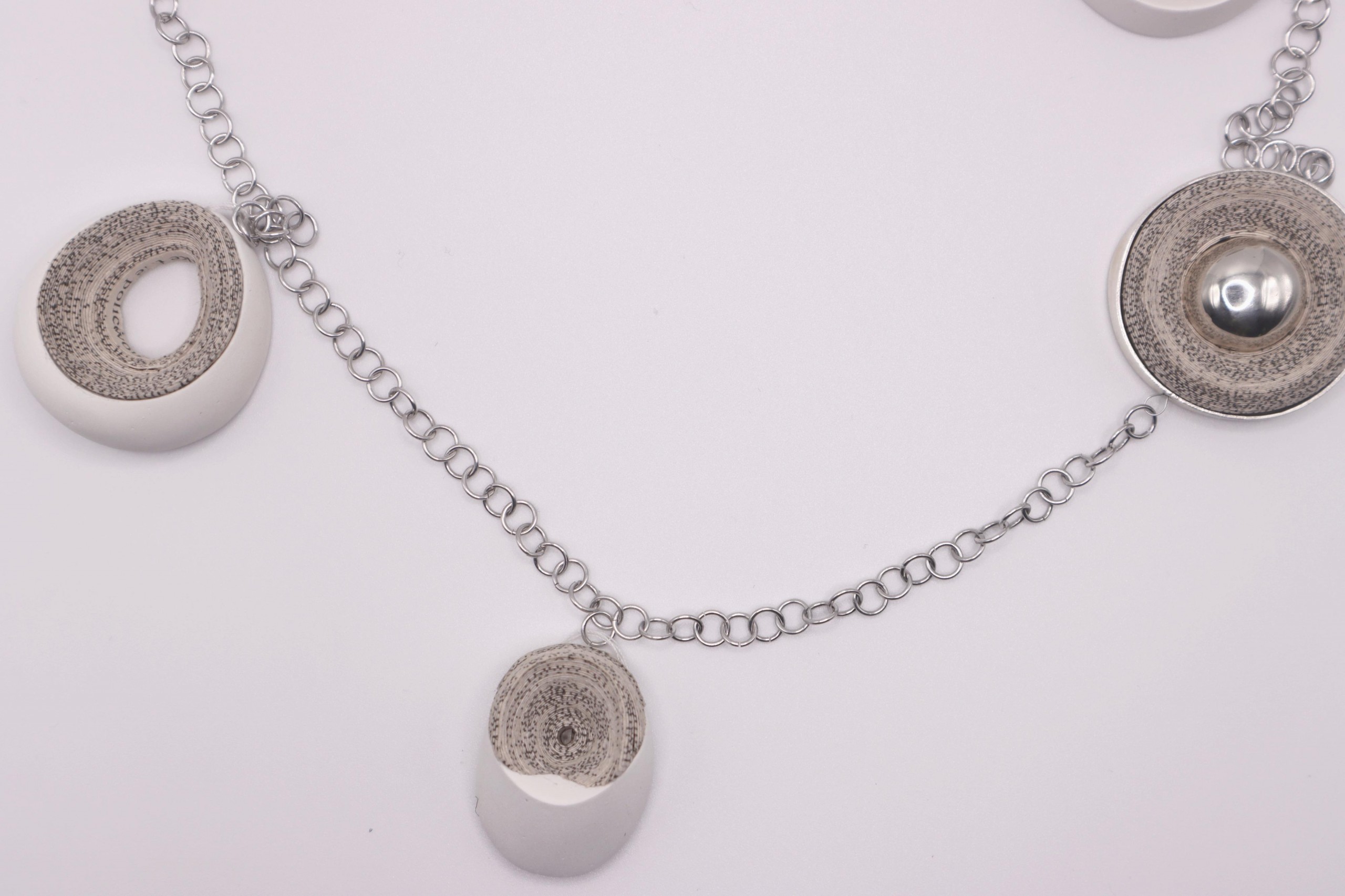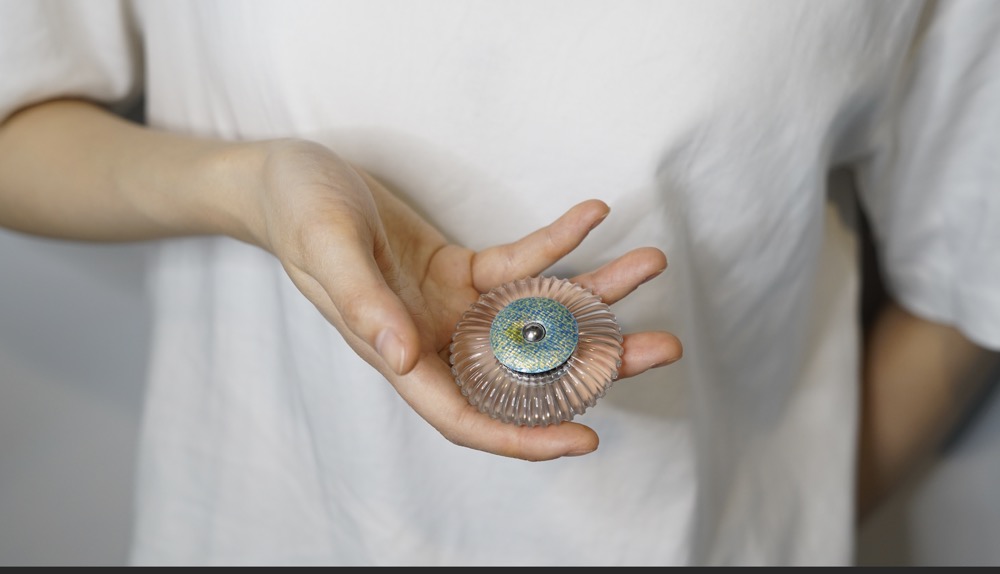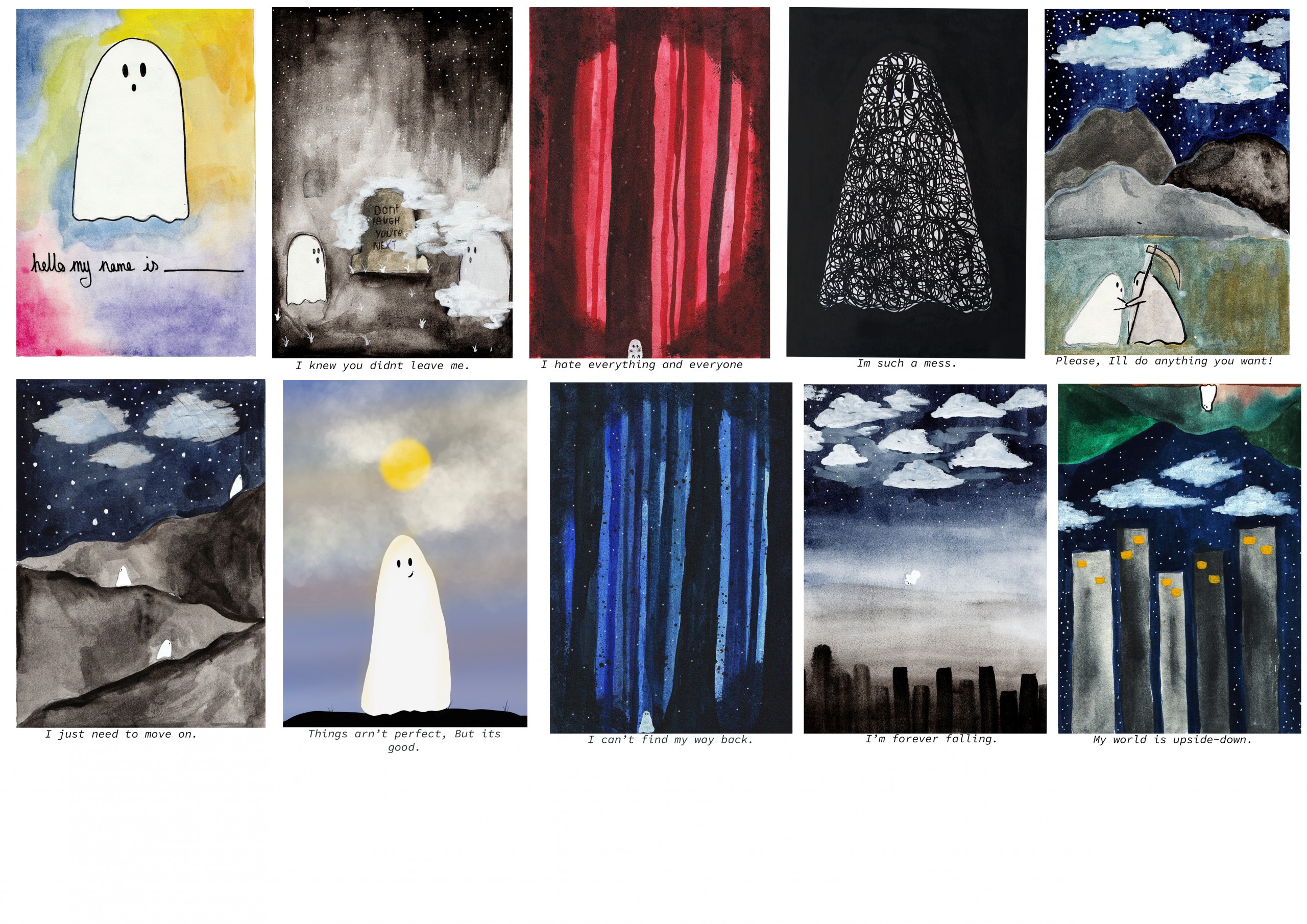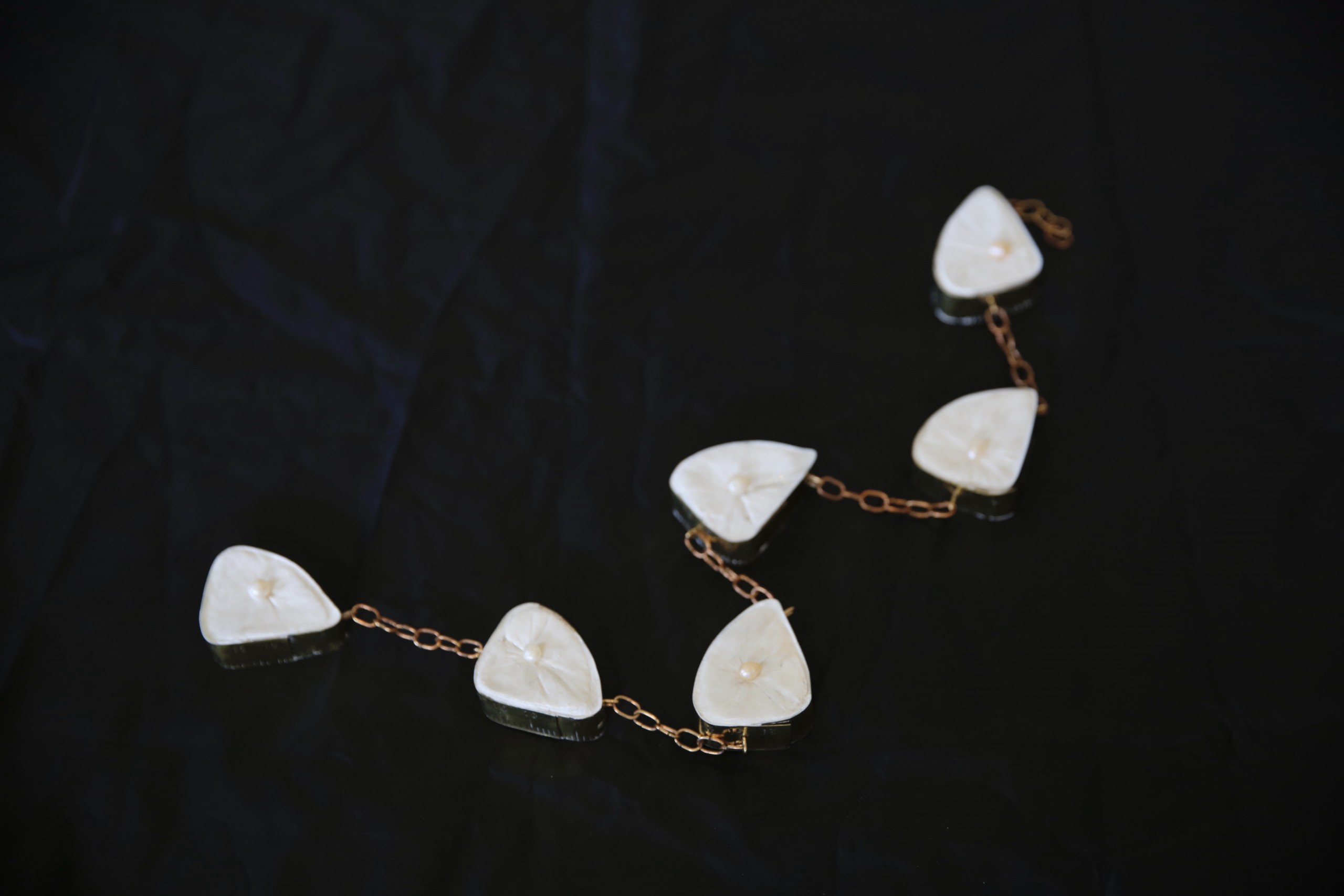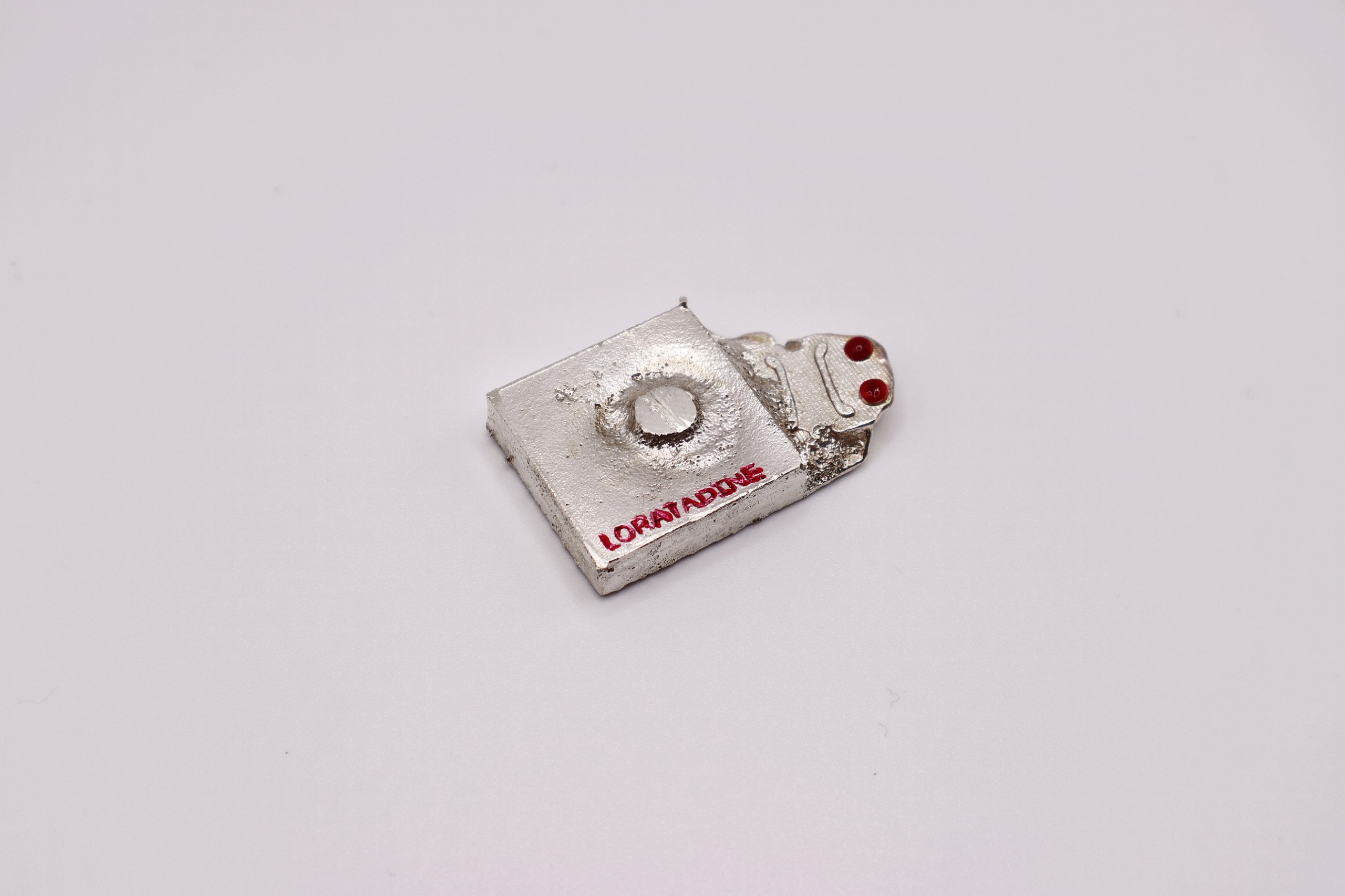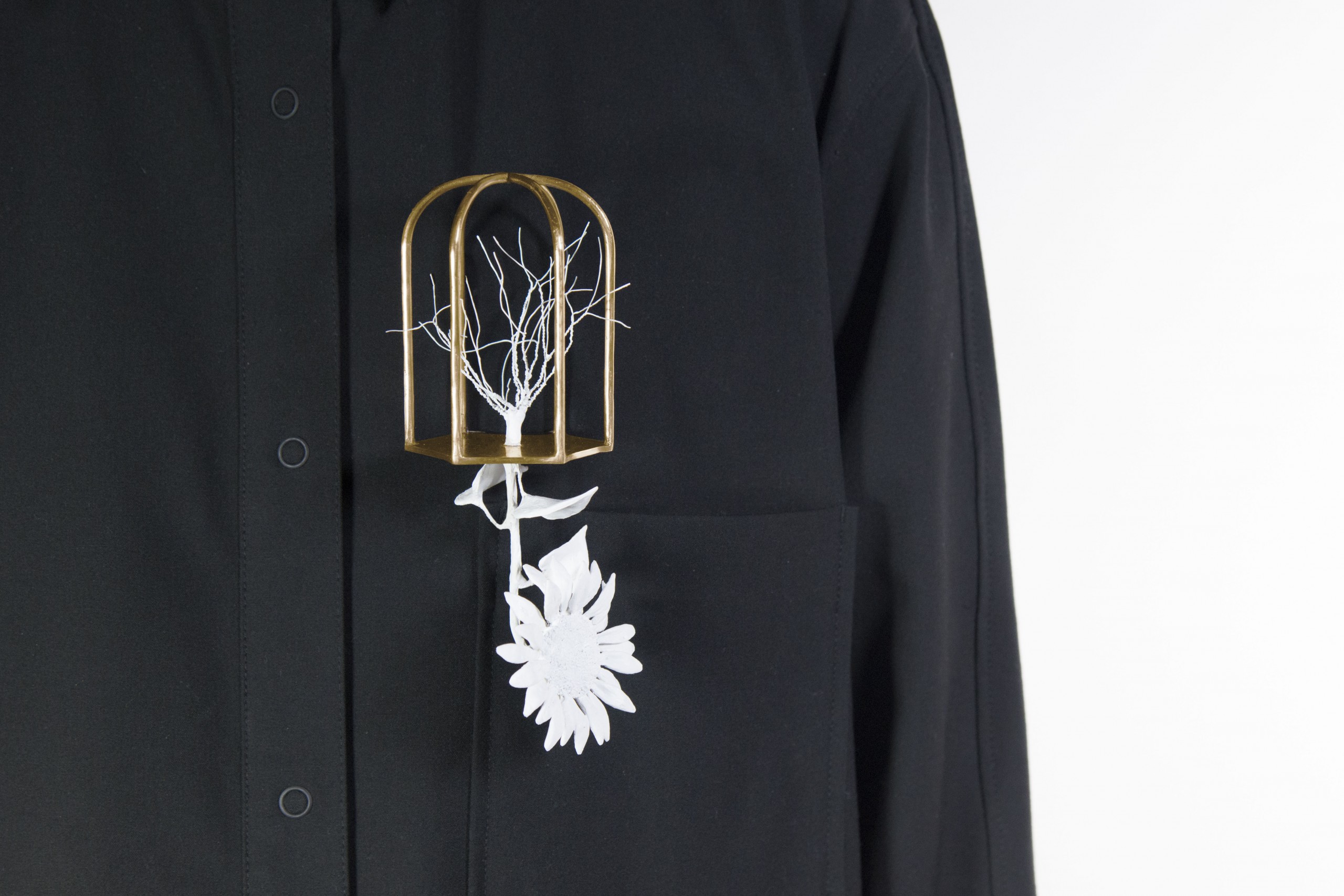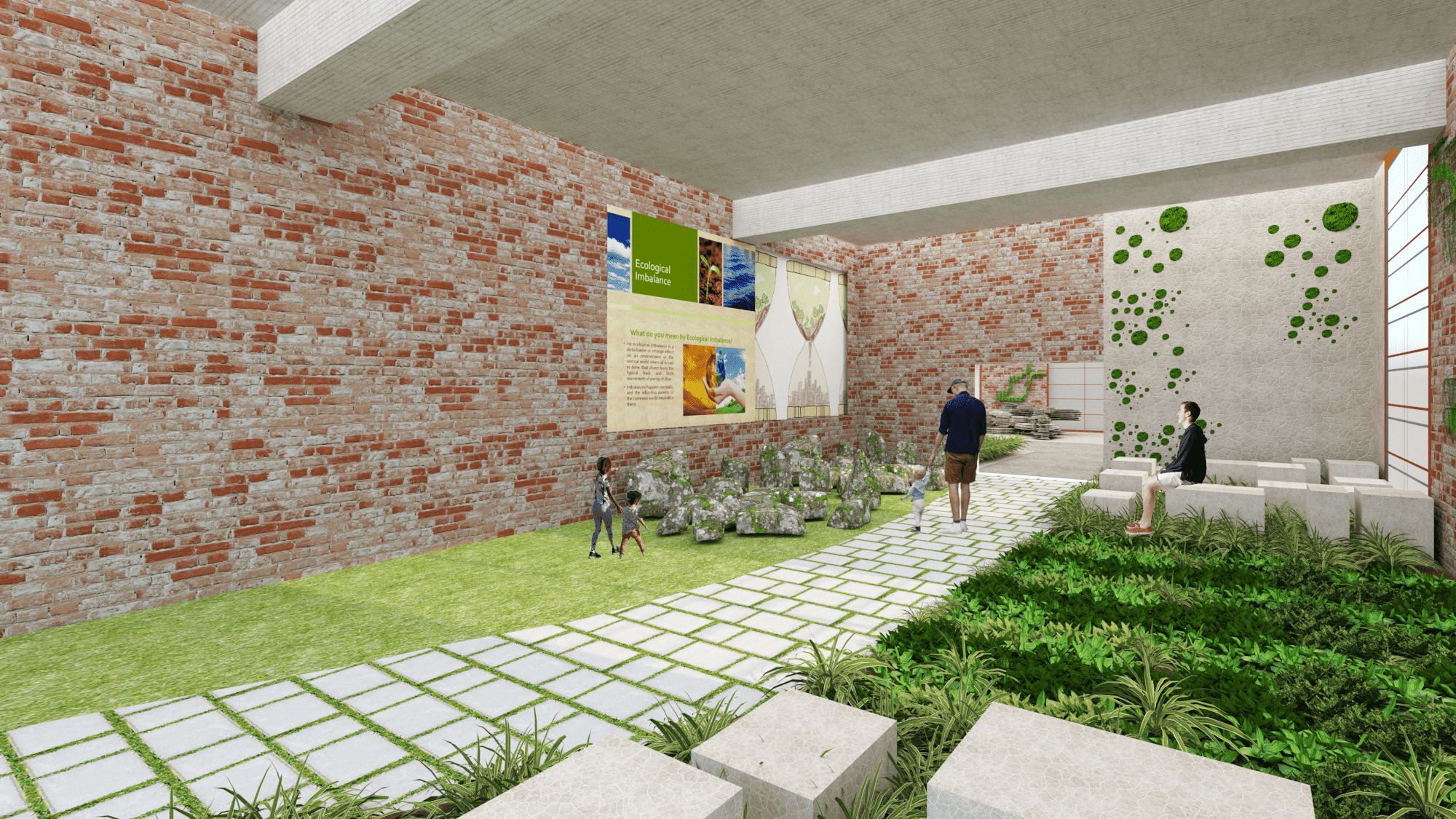
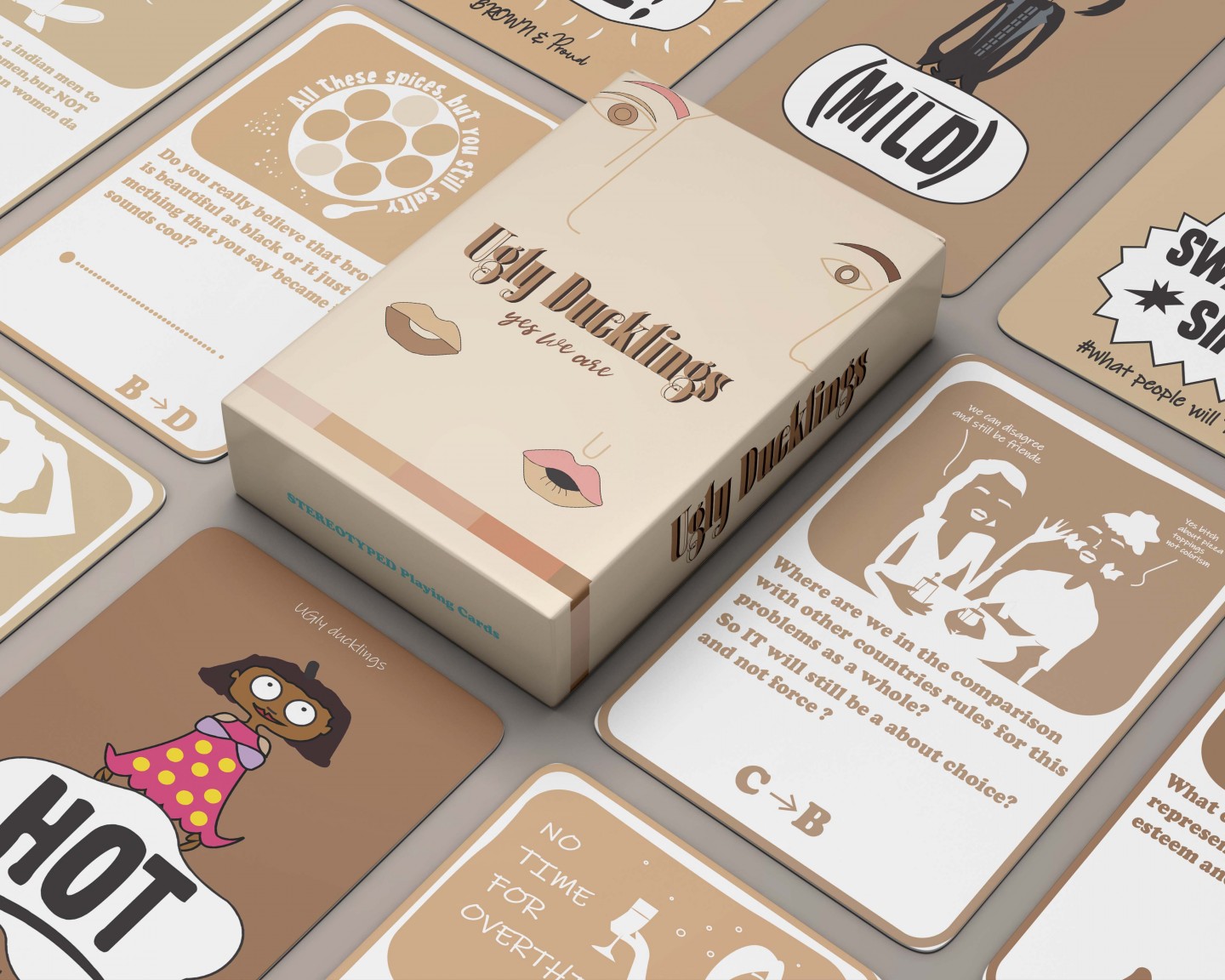
“Algorithms of aesthetic experience in beauty and humility in imperfection. What effective ways might design narrative be used to showcase indian ‘ perceptions of human beauty in India?”
Ugly Ducklings is a card game highlighting India’s fixation with light skin and its ongoing influence on appearance and perceived human value – a brazen cocktail of colourism , patriarchy and residual colonialism in designer Aish Kshirsagar’s home country. The game explores a precise Indian graphic language to engage a local yet broad audience to challenge the social impact of a visual culture that can fail showcase a diverse range of concepts of aesthetics beyond clarity, lightened faces and bodies.
Kshirsagar focuses on changing attitudes to skin tone in India, wanting to make life even easier for millions of people from India like her. She hopes that “every child embraces and is embraced as an incomplete and vibrant universe, without restrictions or conditions, without race or social boundaries”.
Ugly Ducklings explores communication from the physical form of the body, through the development of pictorial marks into game play, eventually codified in challenging Questions. Through the rules and aesthetics of the game, as well as its bold game play, Ugly Ducklings players become conscious of how and when skin tone has become an important criterion for acceptance in Indian society and their perceptions are challenged: is lighter or darker better?
Kshirsagar is a graphic designer, illustrator and conceptual thinker with a growing interest in graphic design practice, publication design and research-led narratives. Having already completed a year in industry designing in various companies in India, she has worked across different disciplines including type, brand, print, digital design mediums, Augmented Reality and UI-UX projects. She is interested in projects that are helping and designing for living beings who need support and empowering overlooked communities. “My passion is to help people who live their lives with some sort of disadvantage within India. It is a challenging, yet rewarding path and exciting to work in so many different mediums to discover the best response”.
